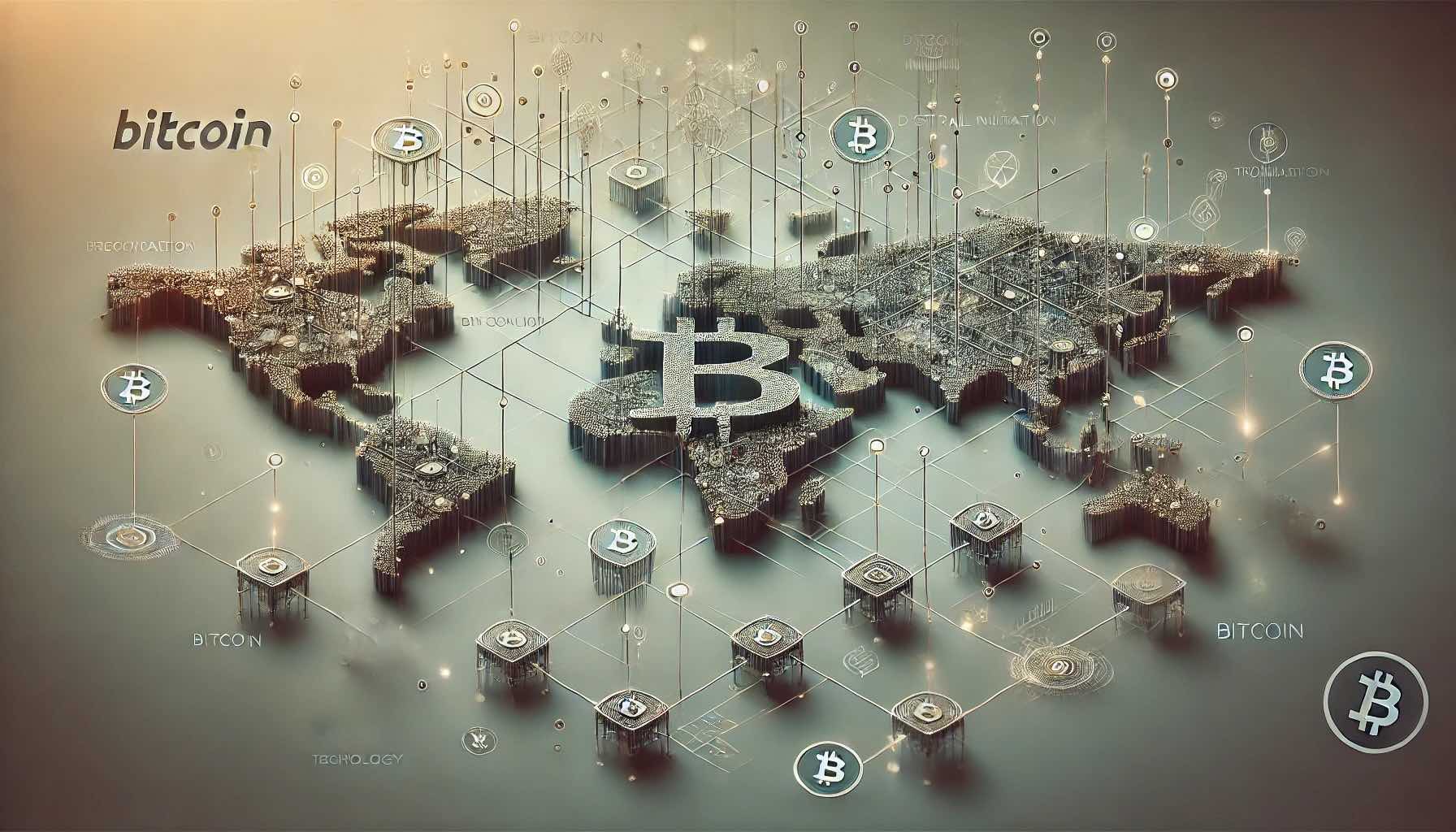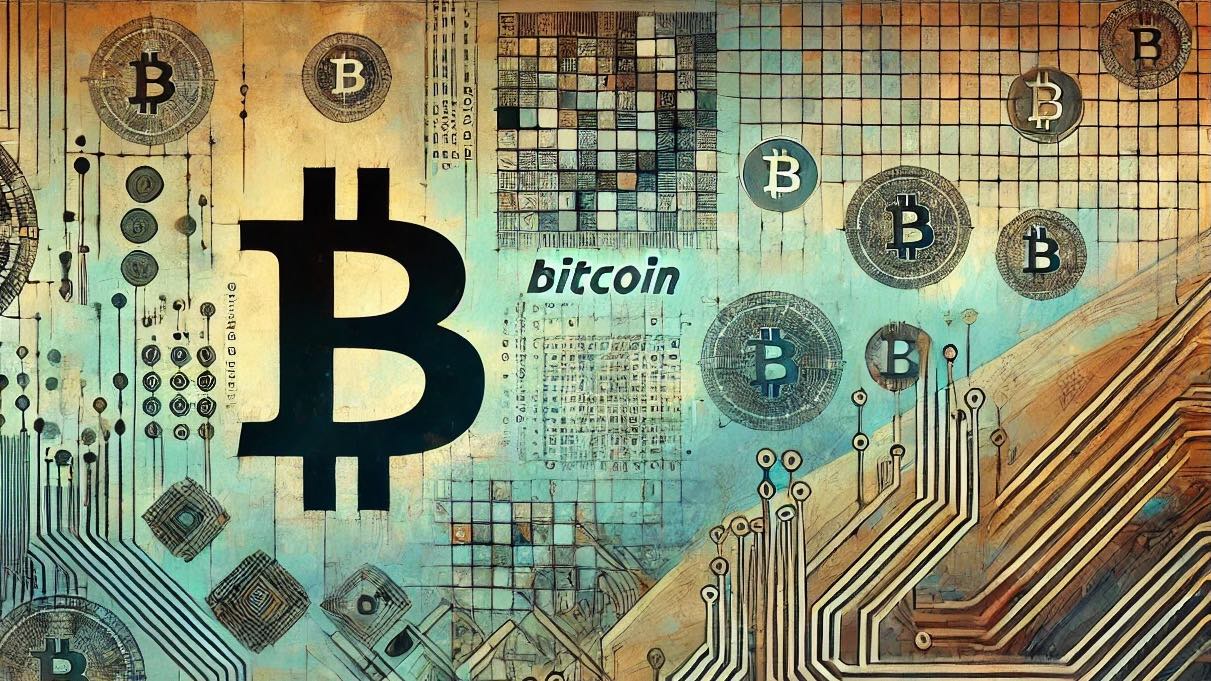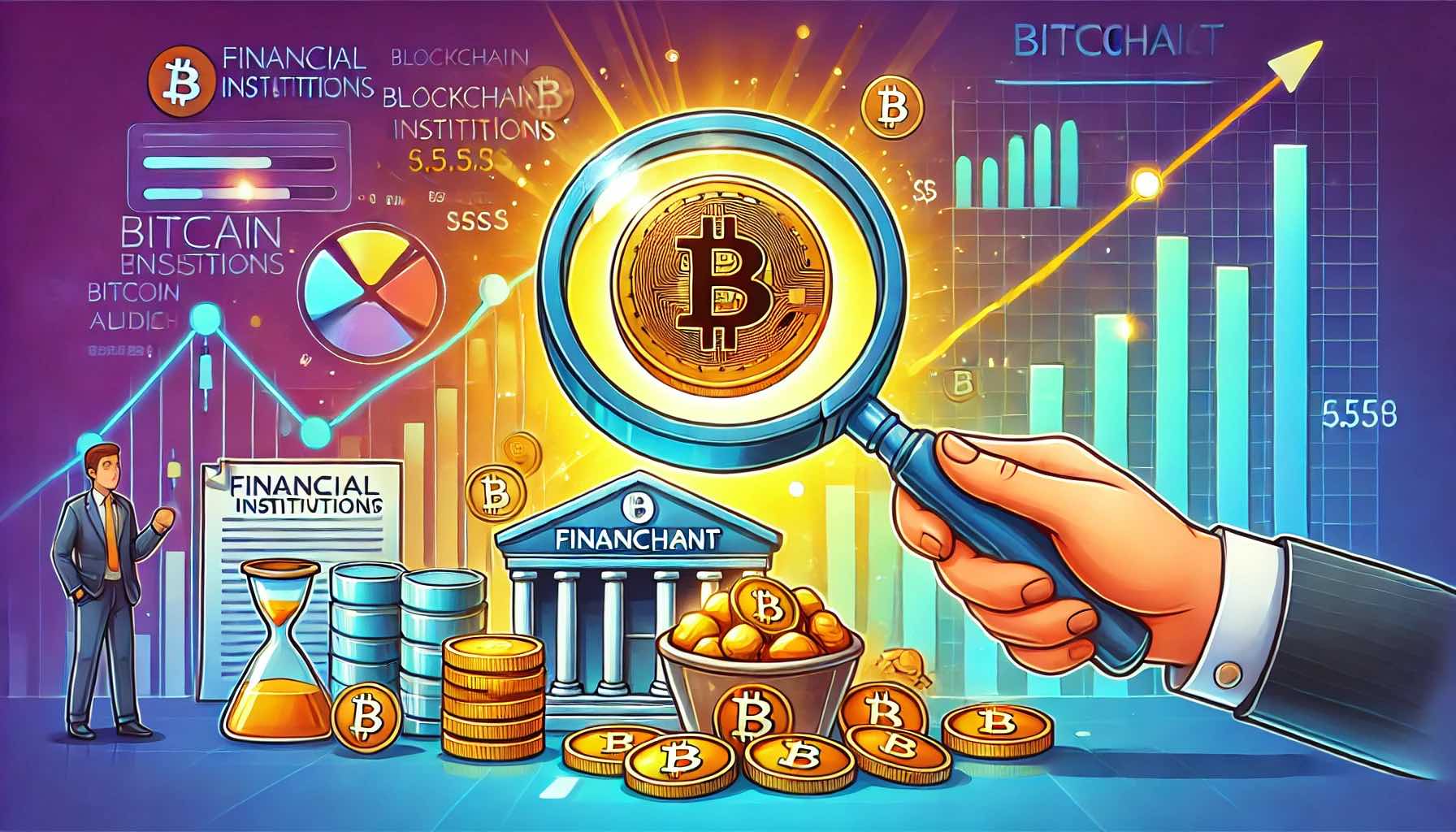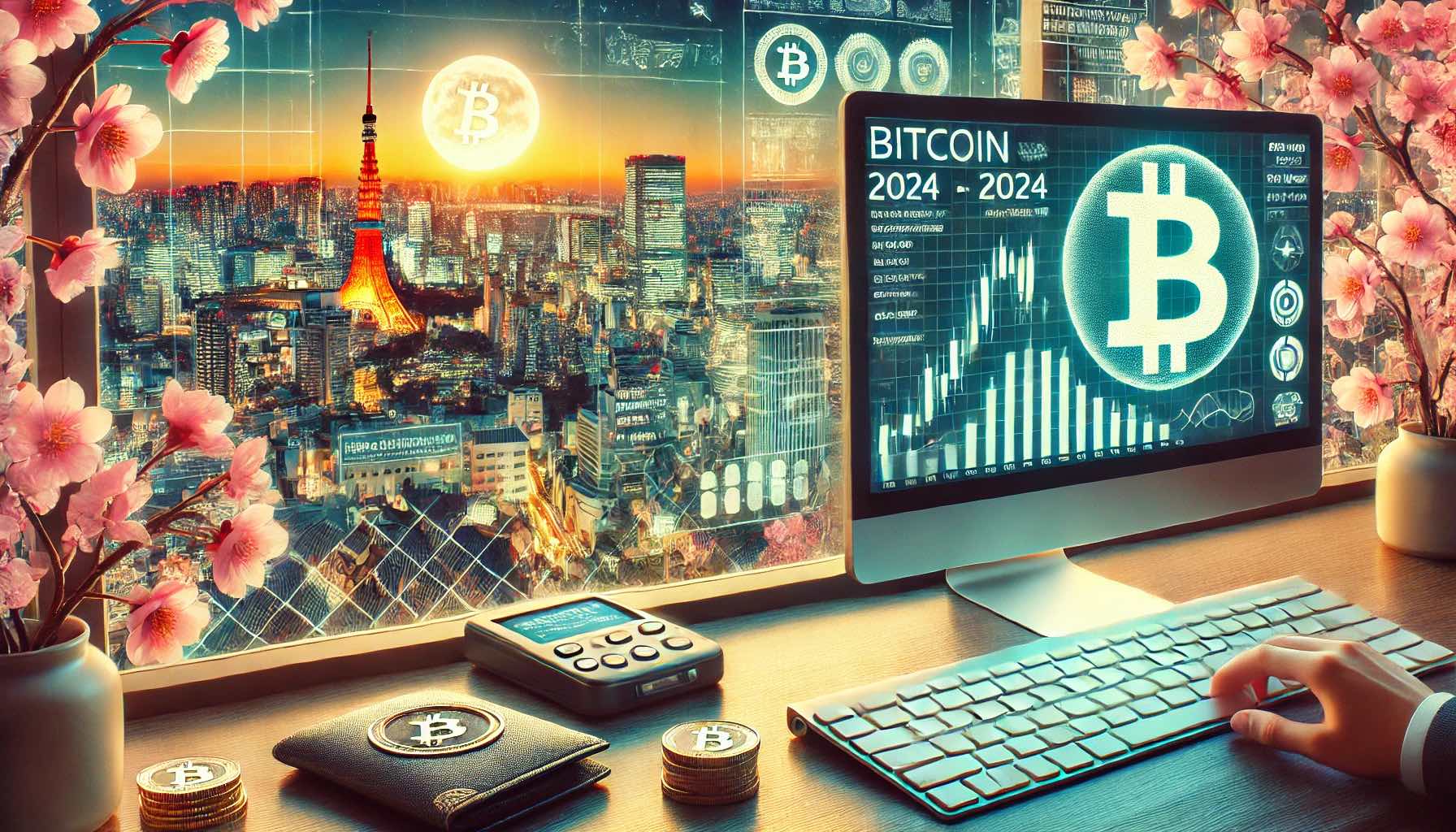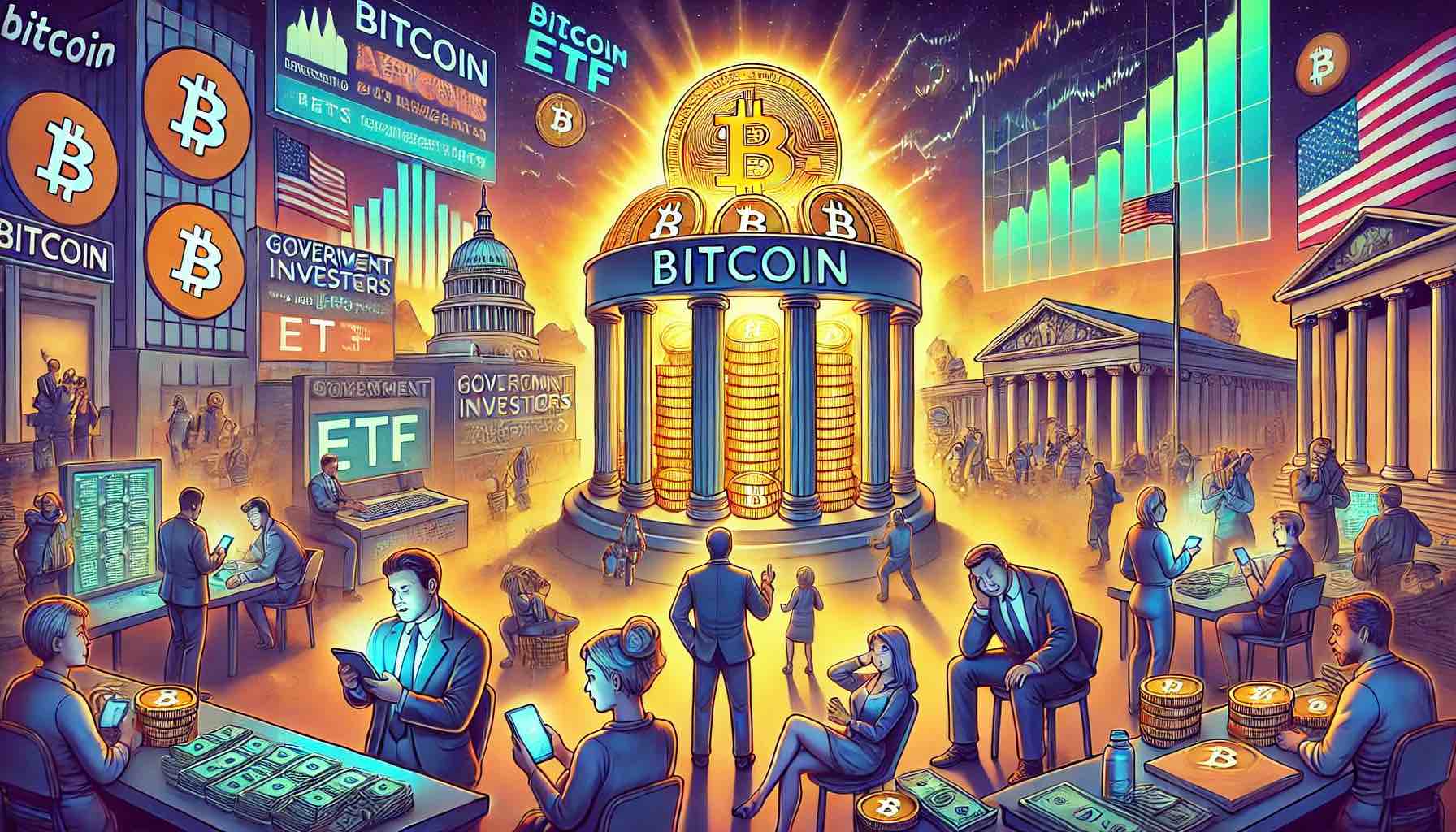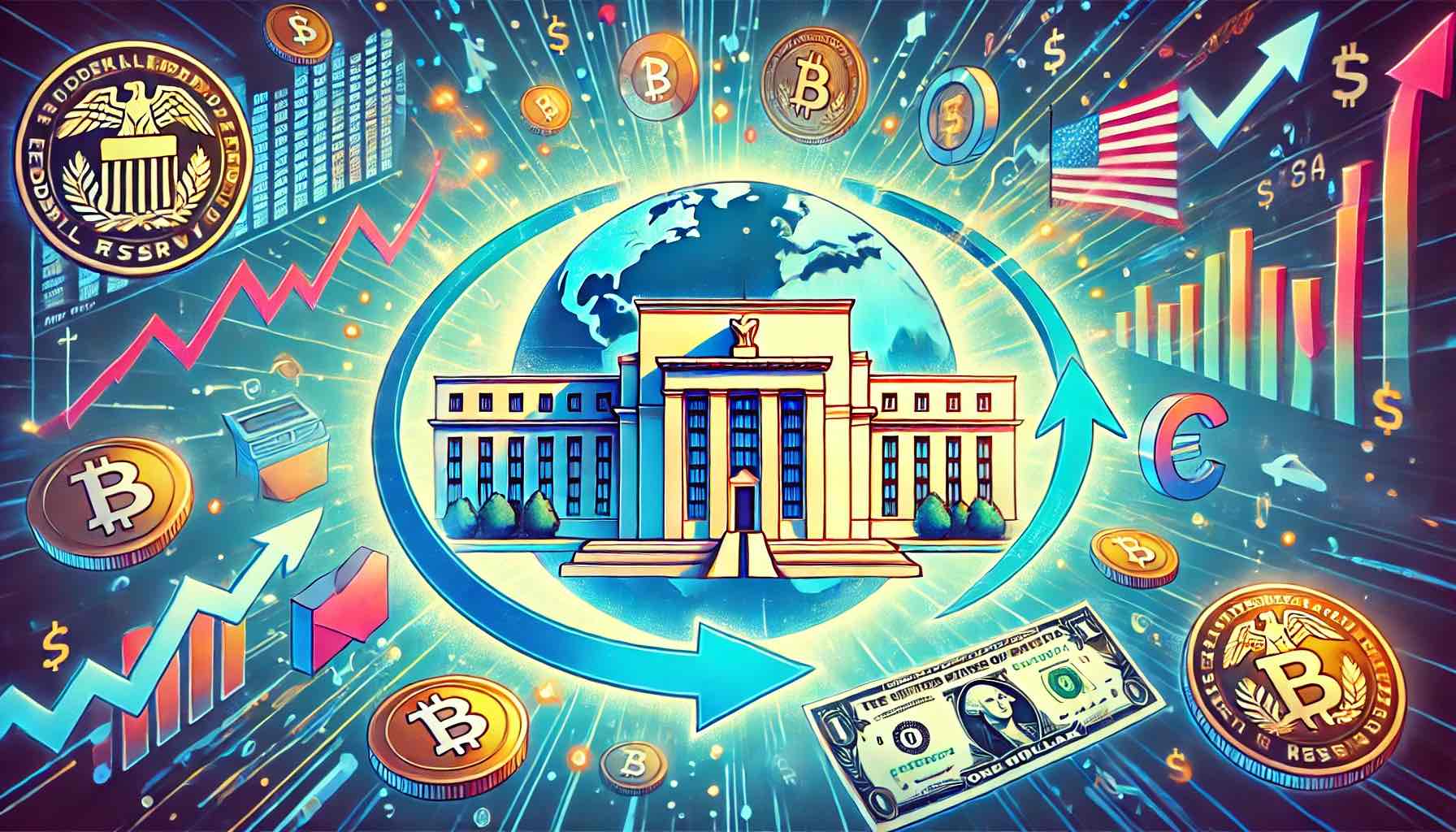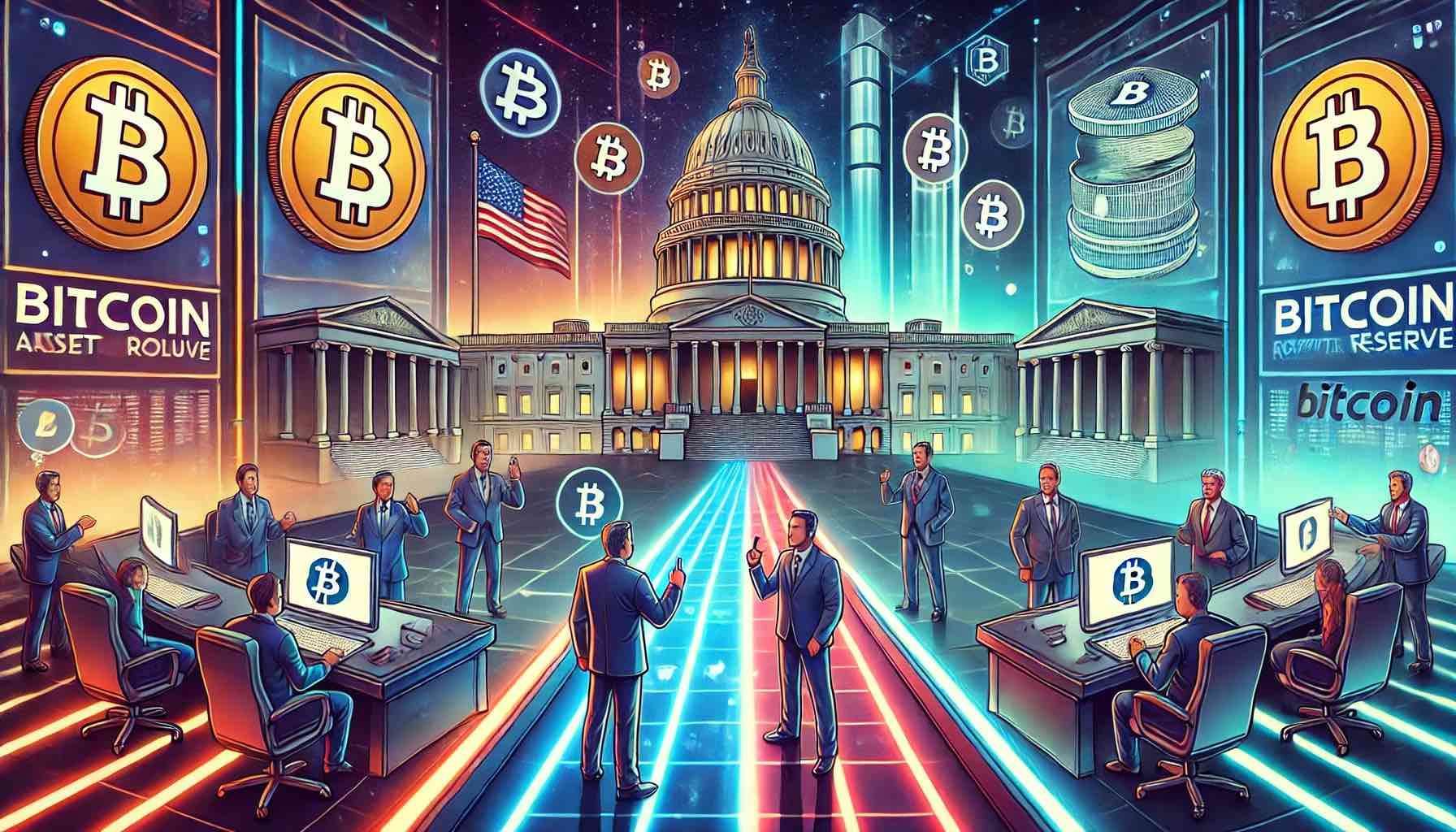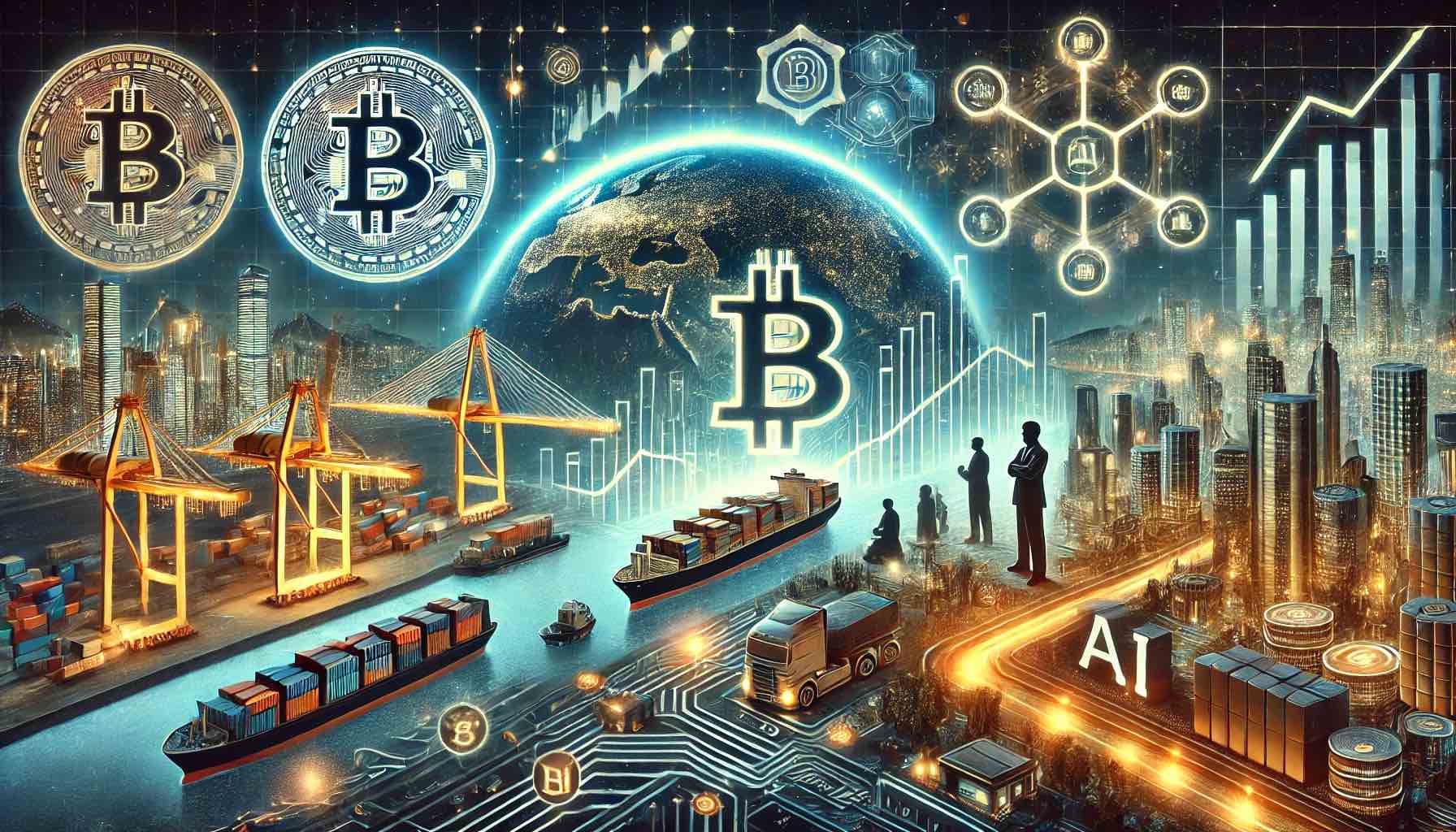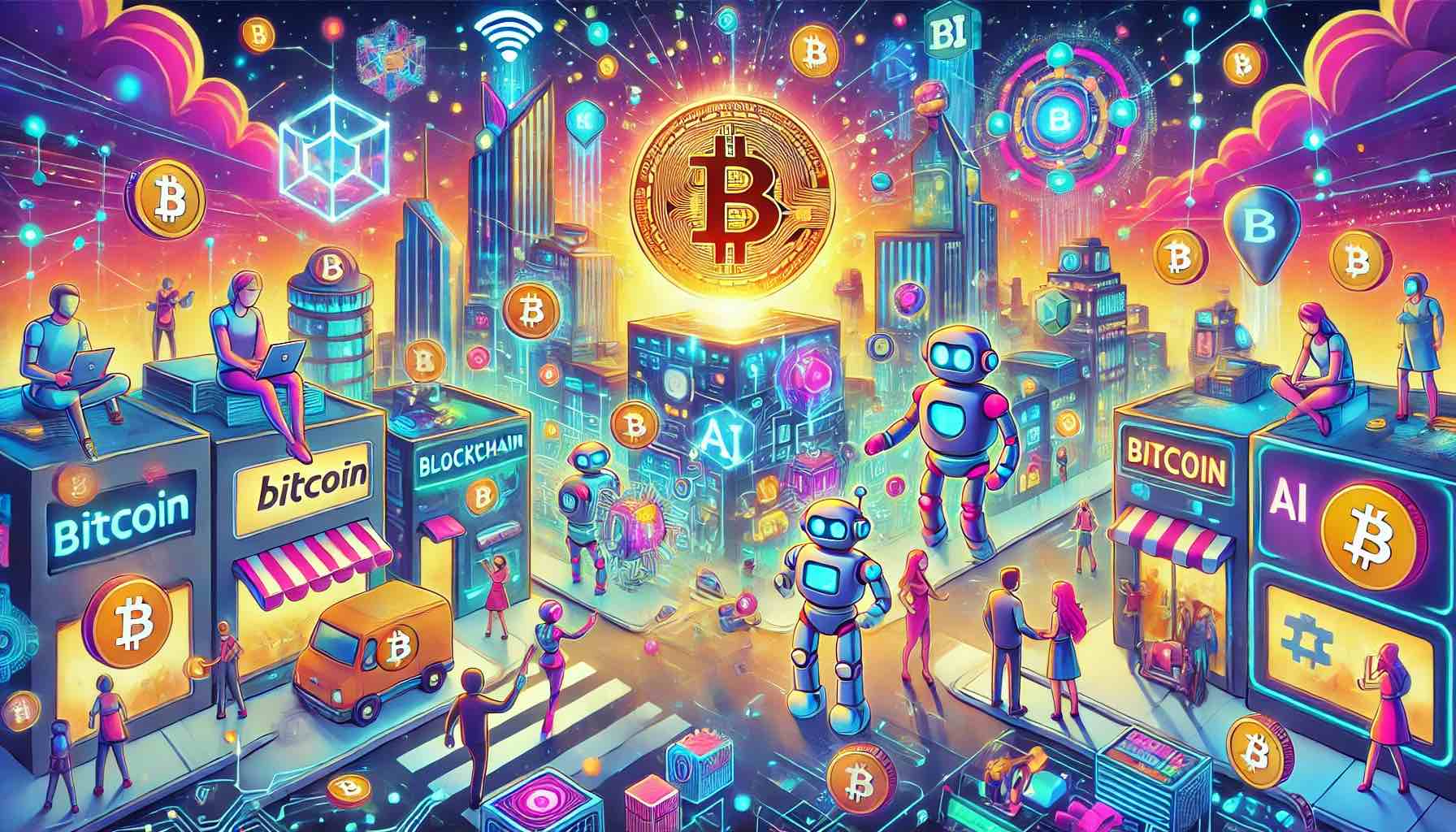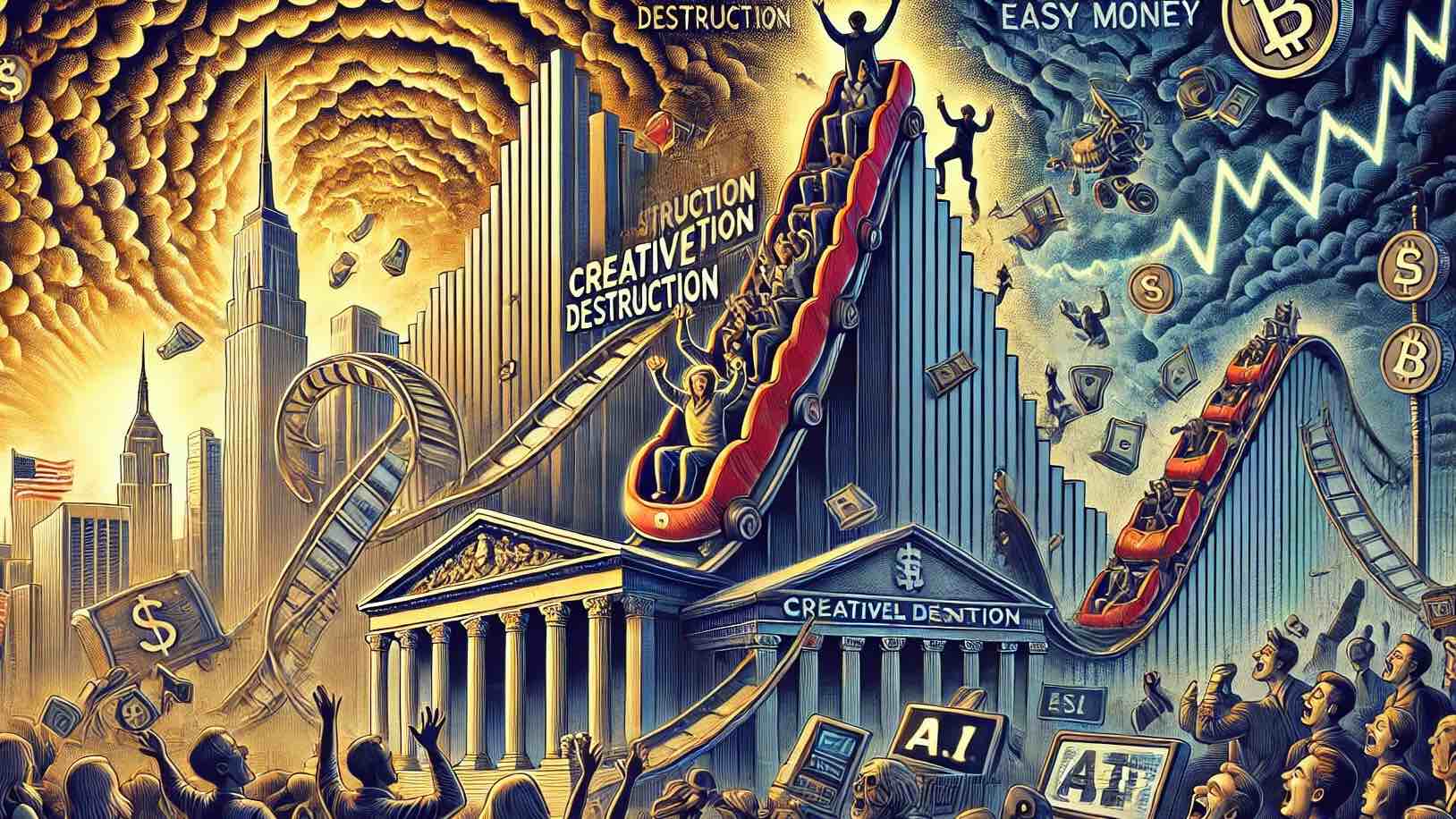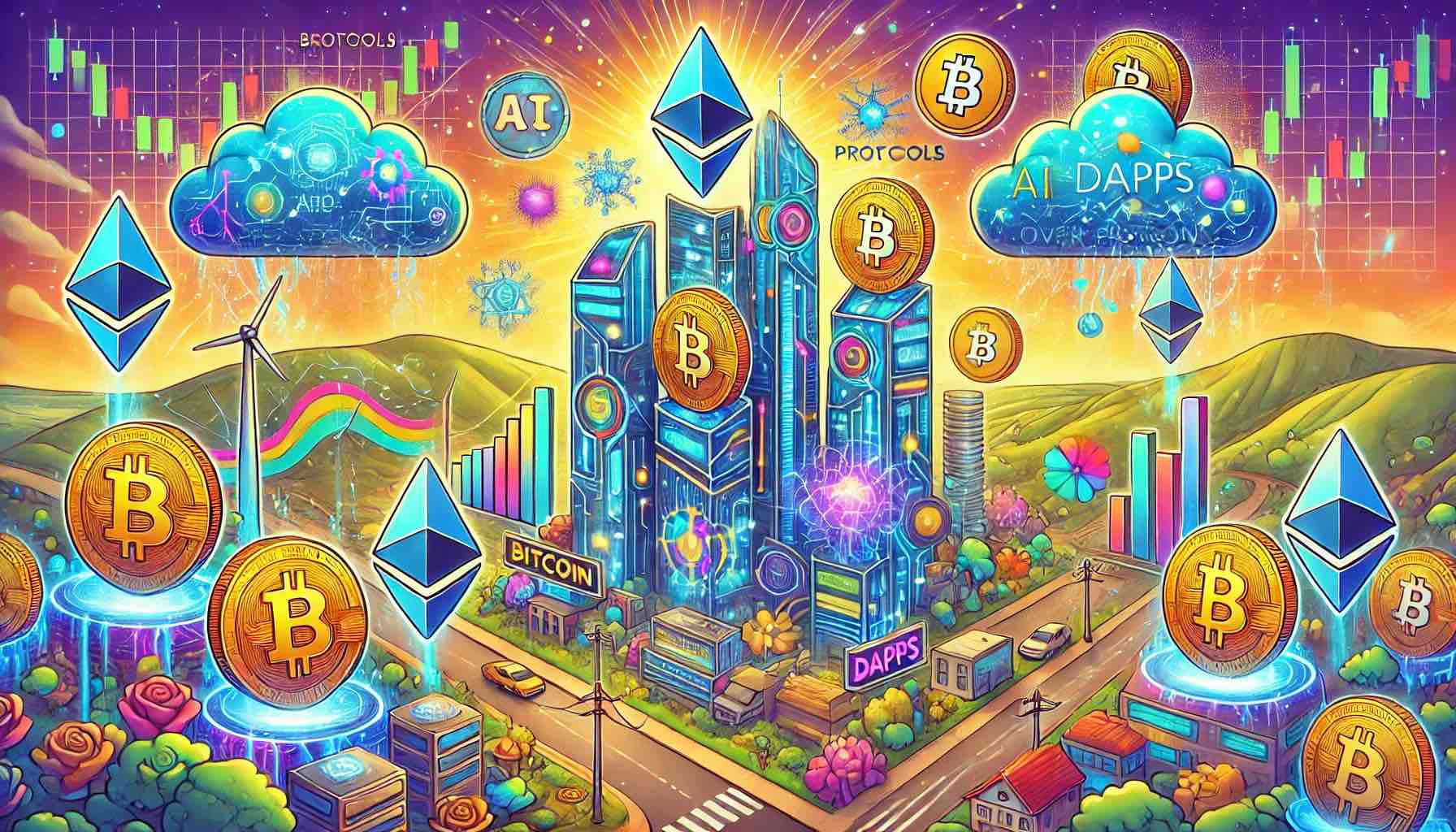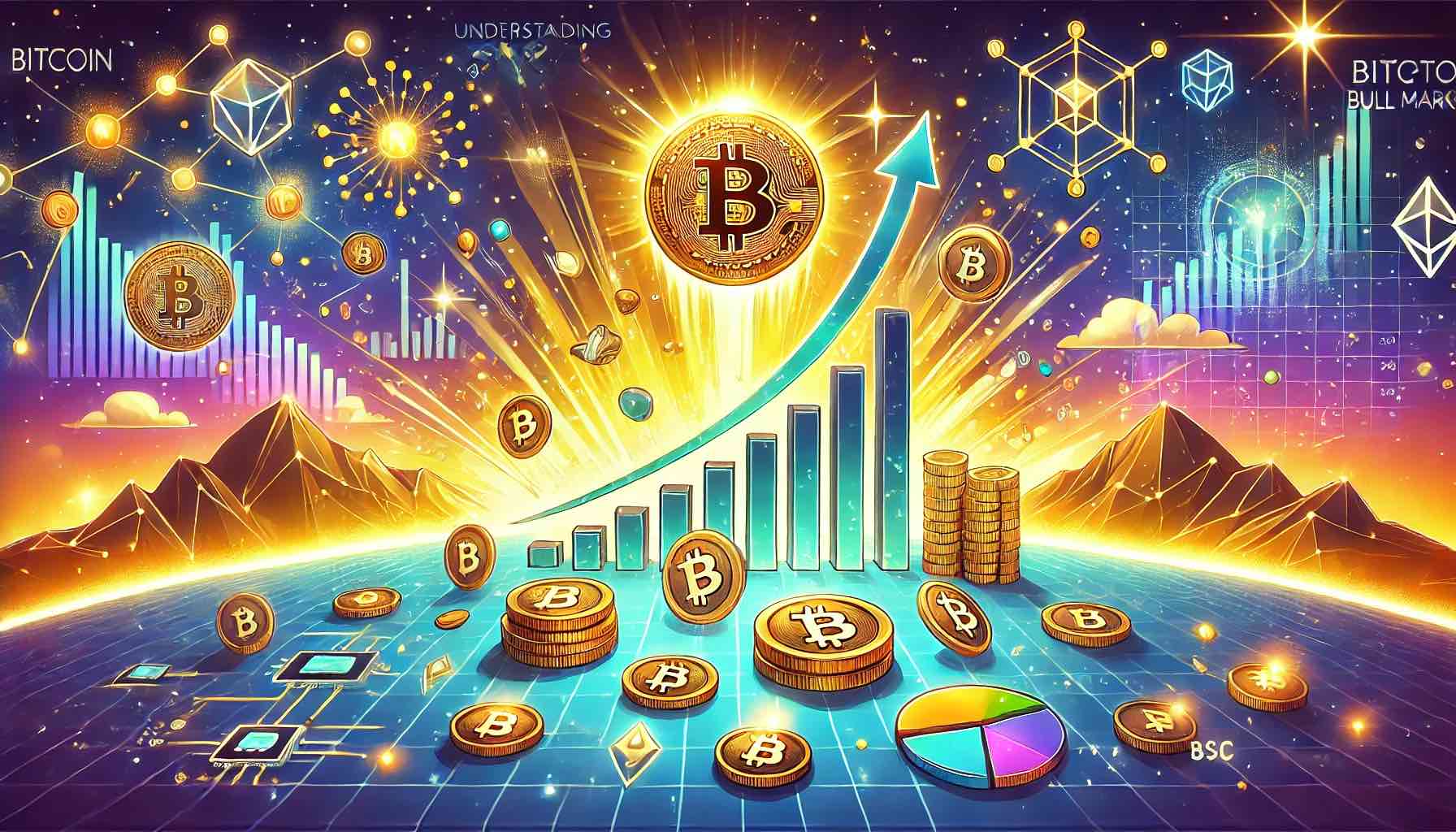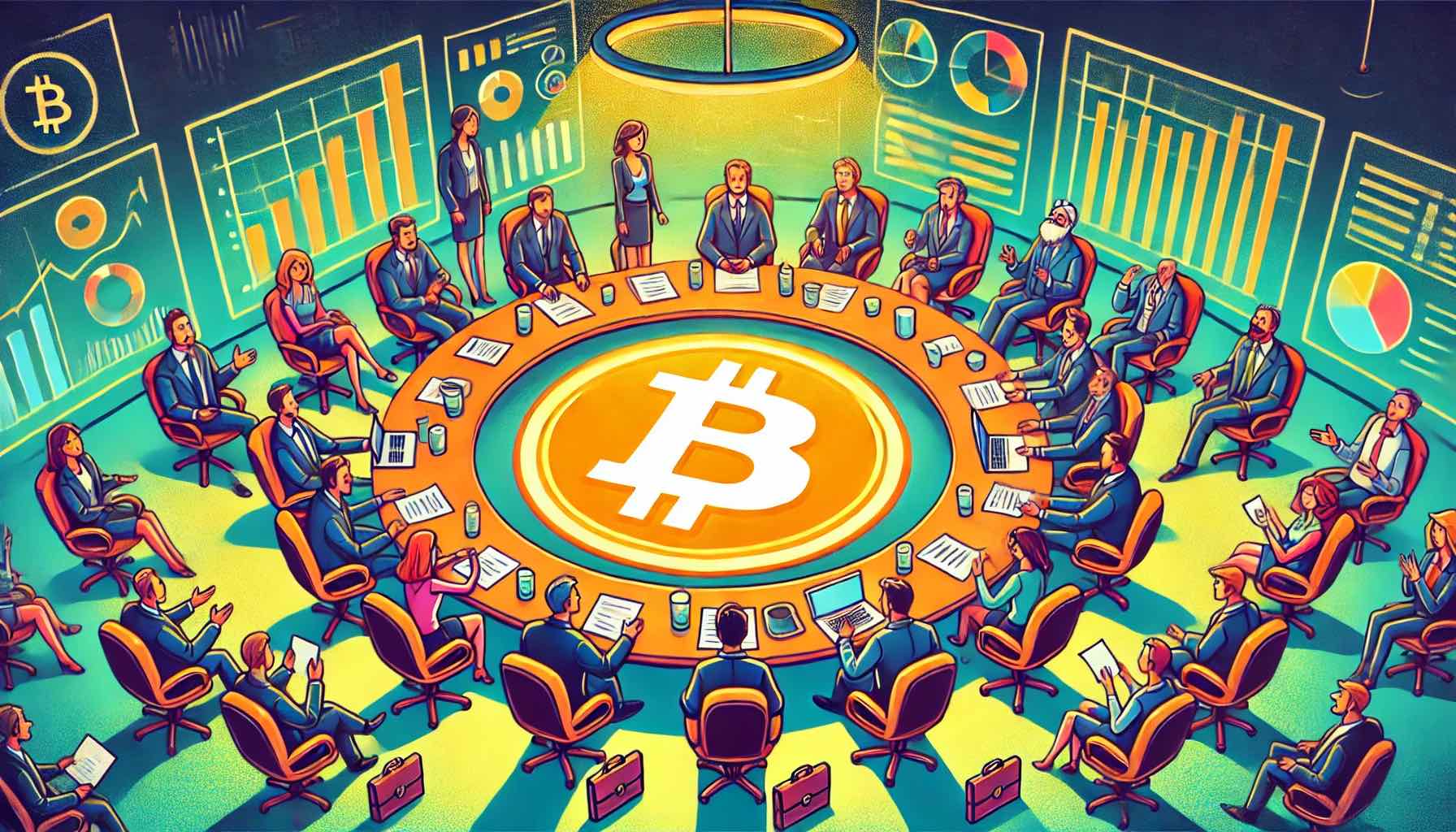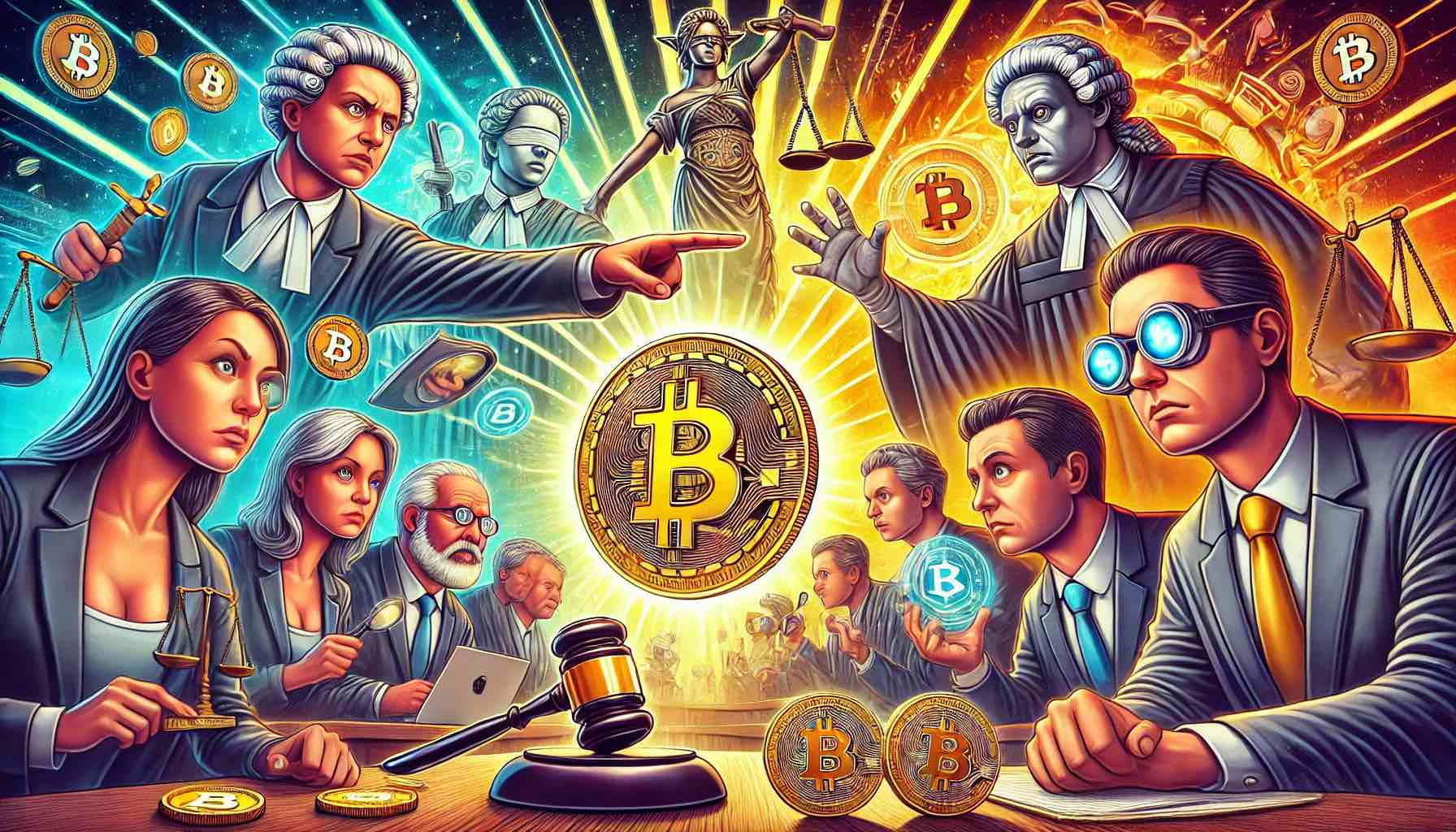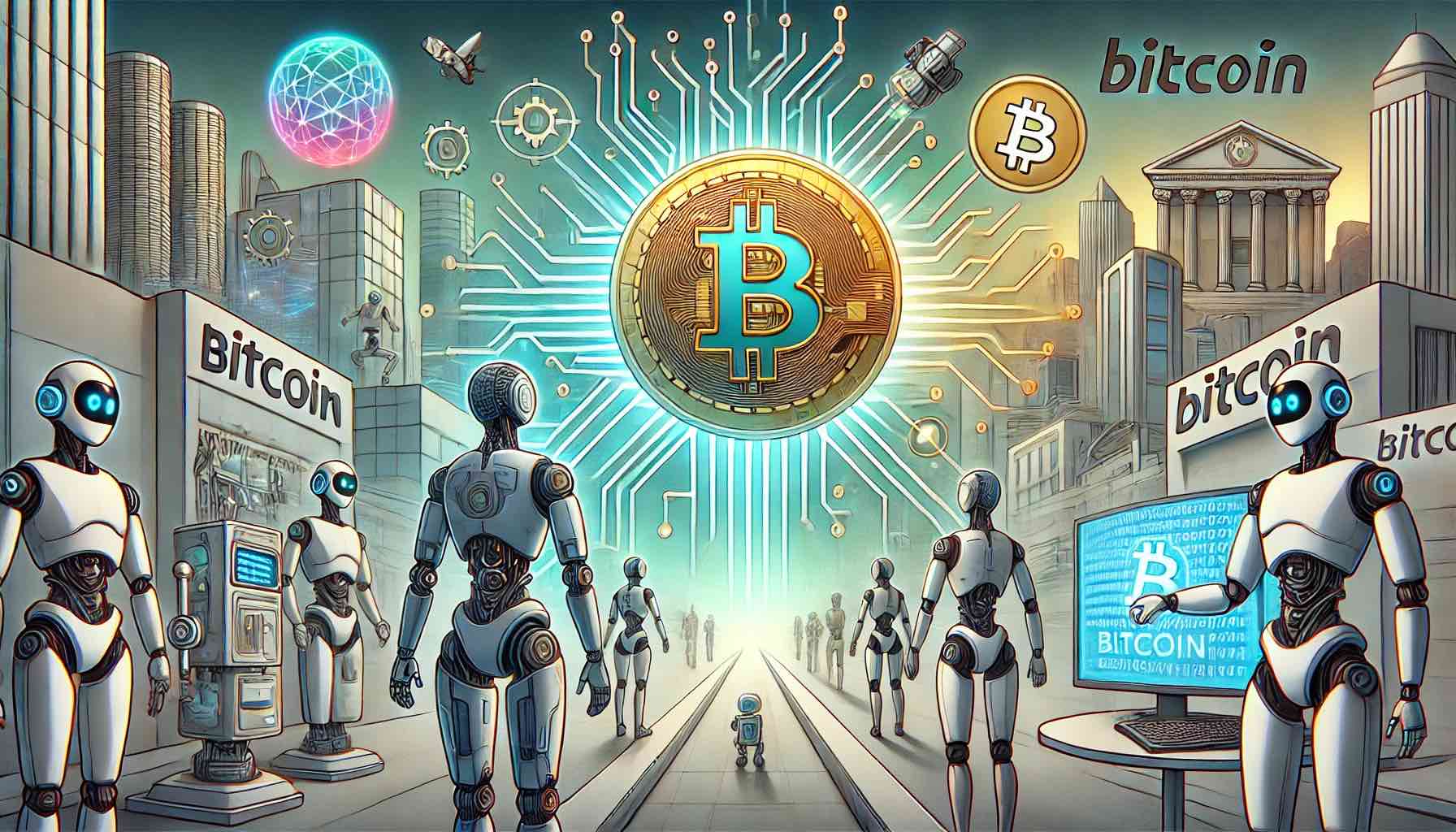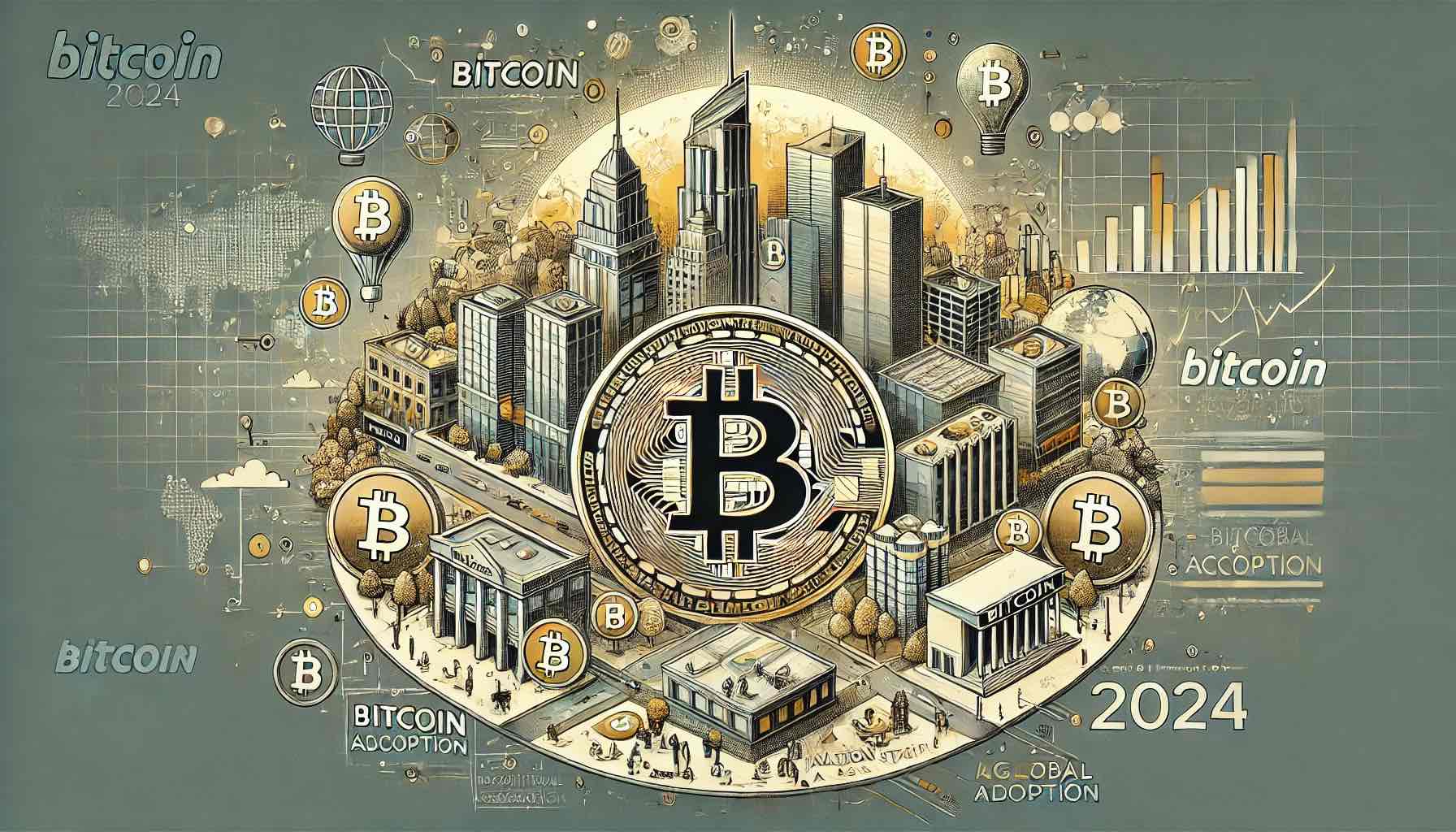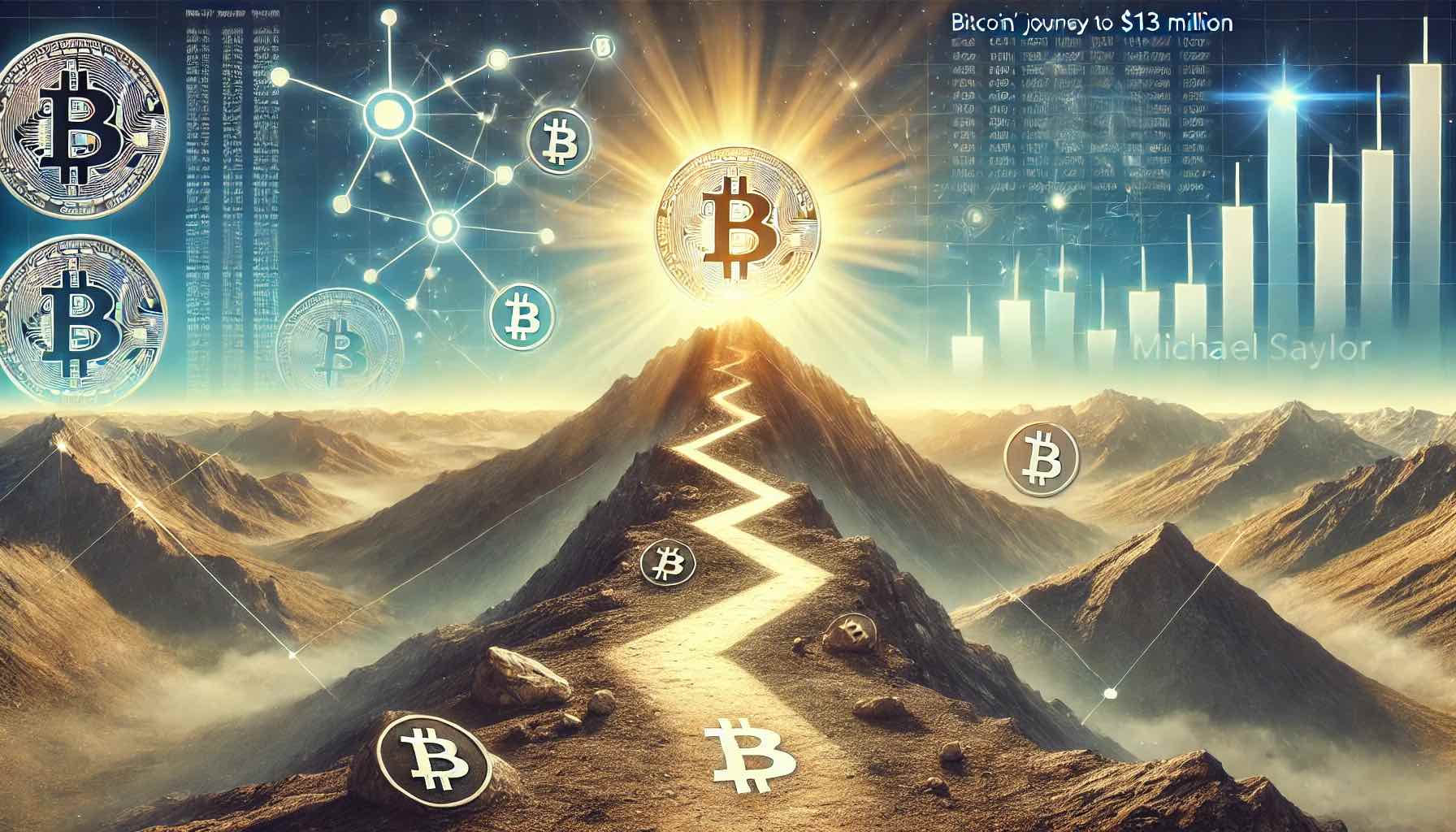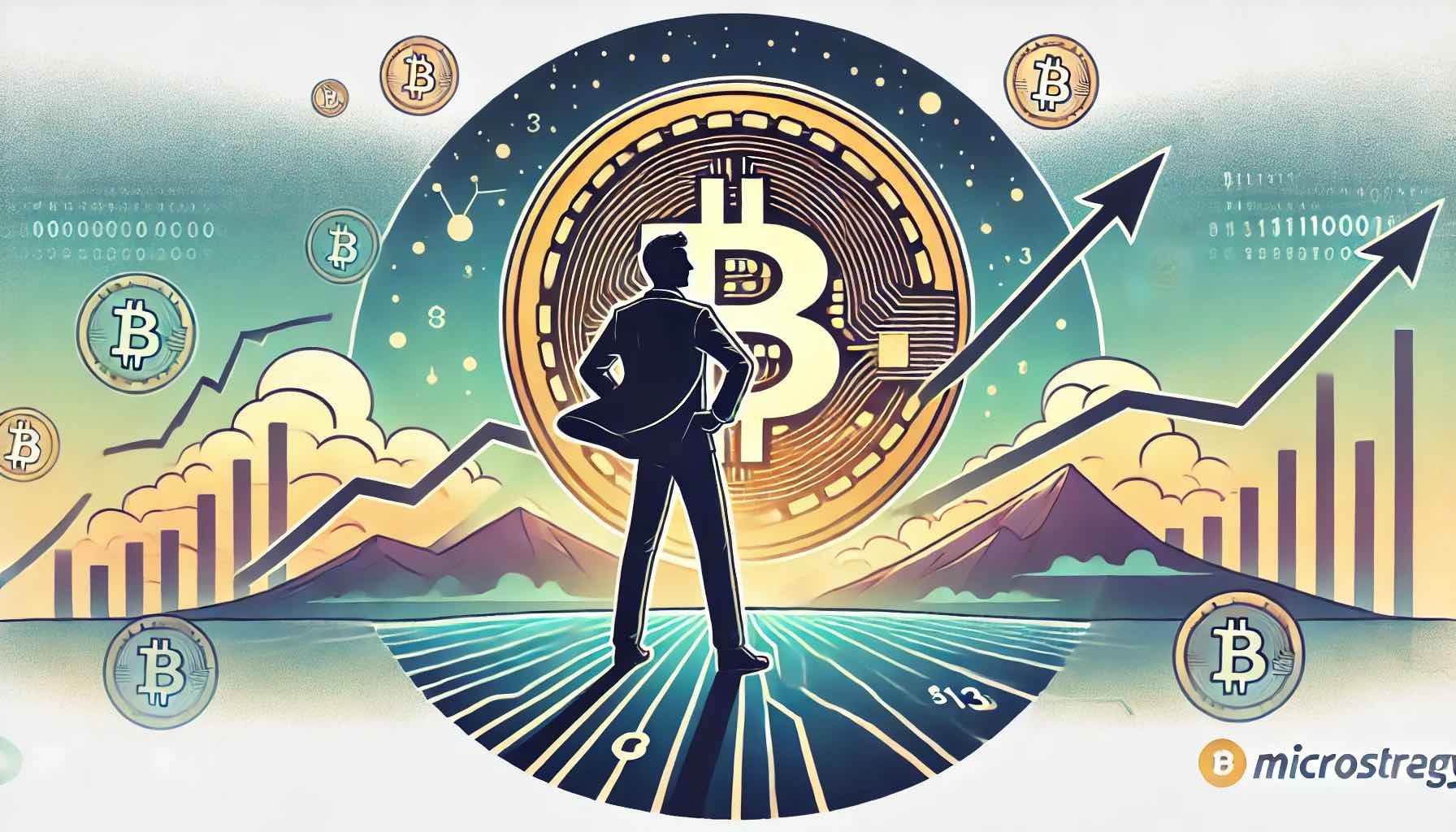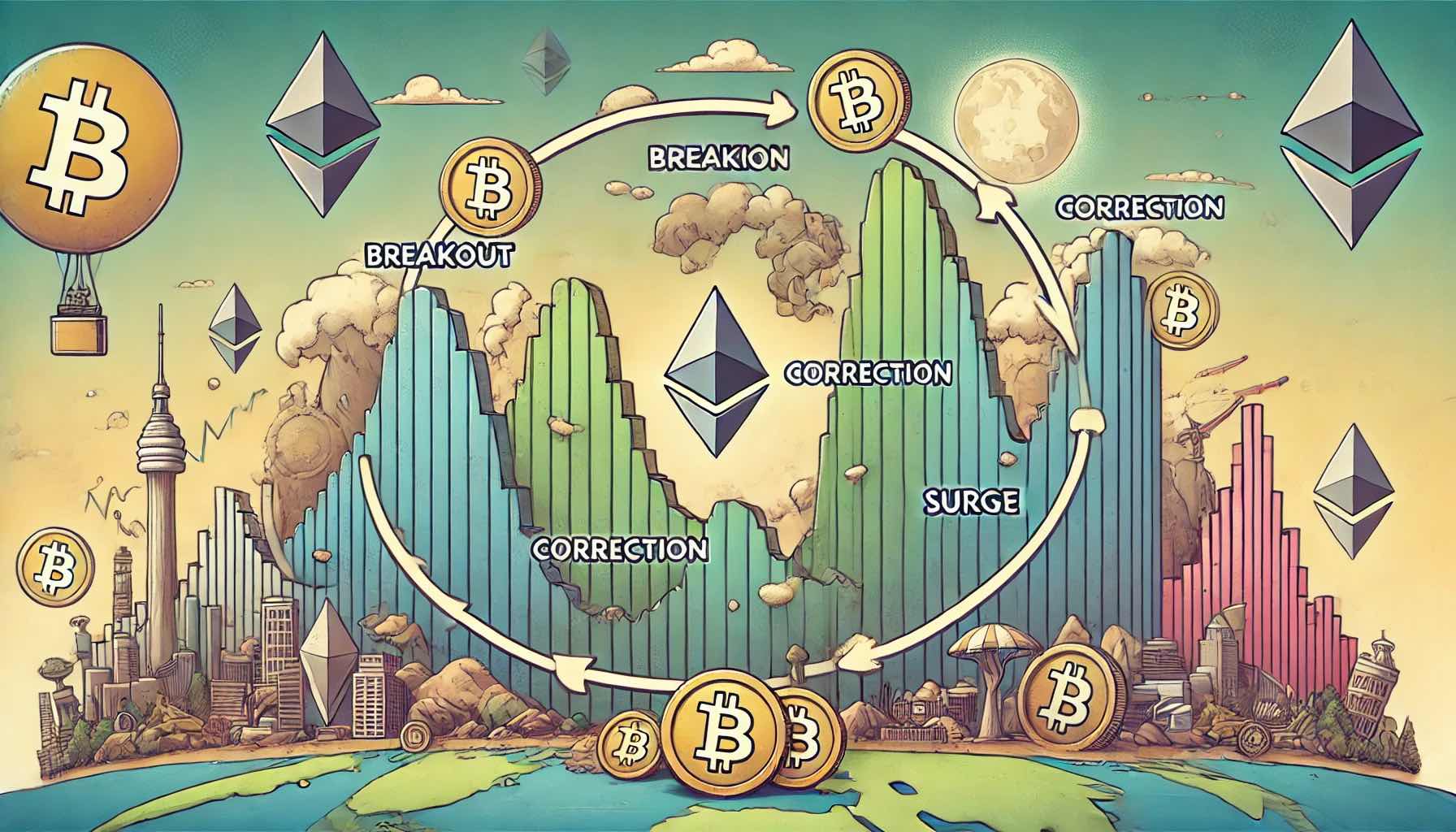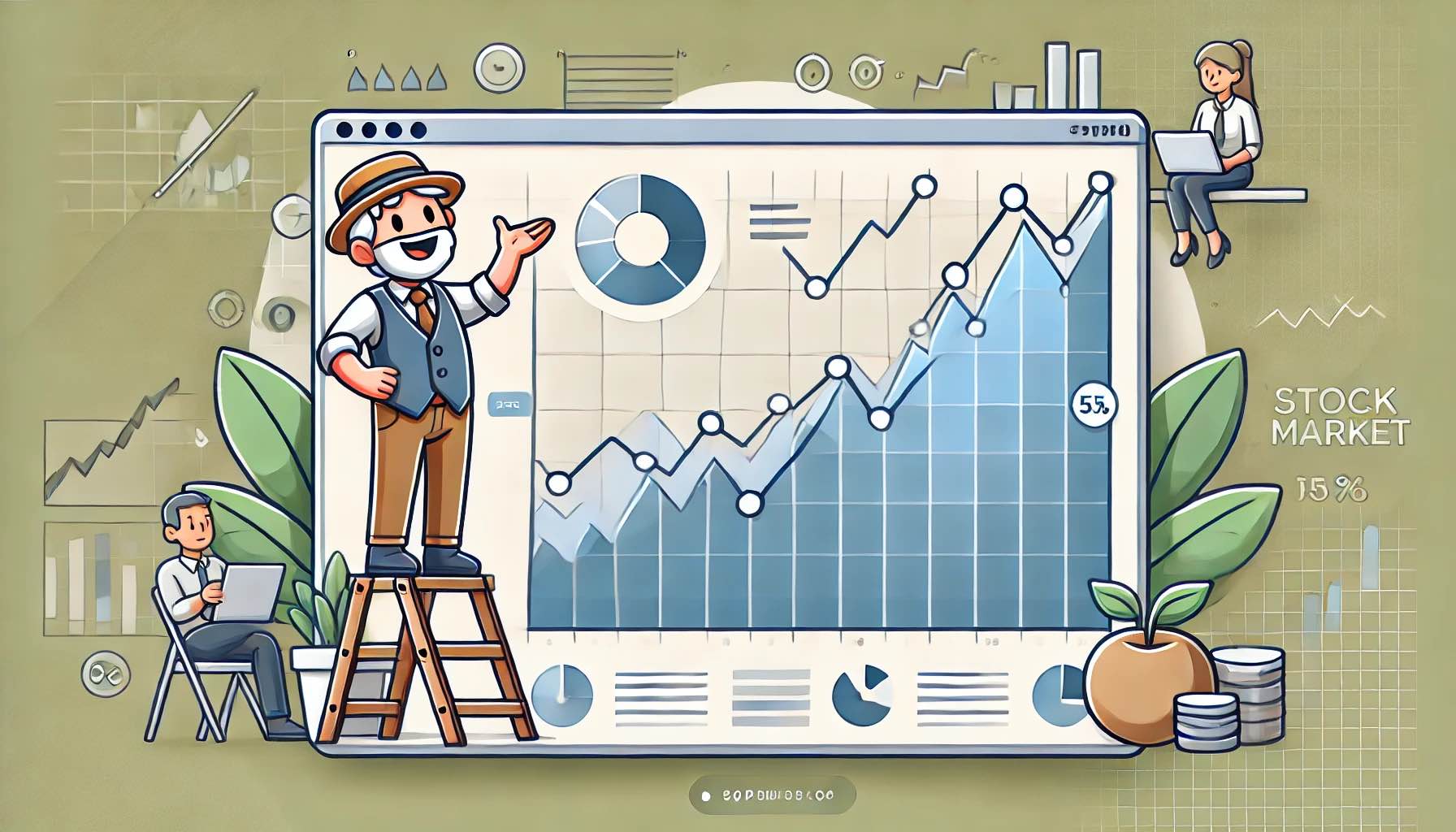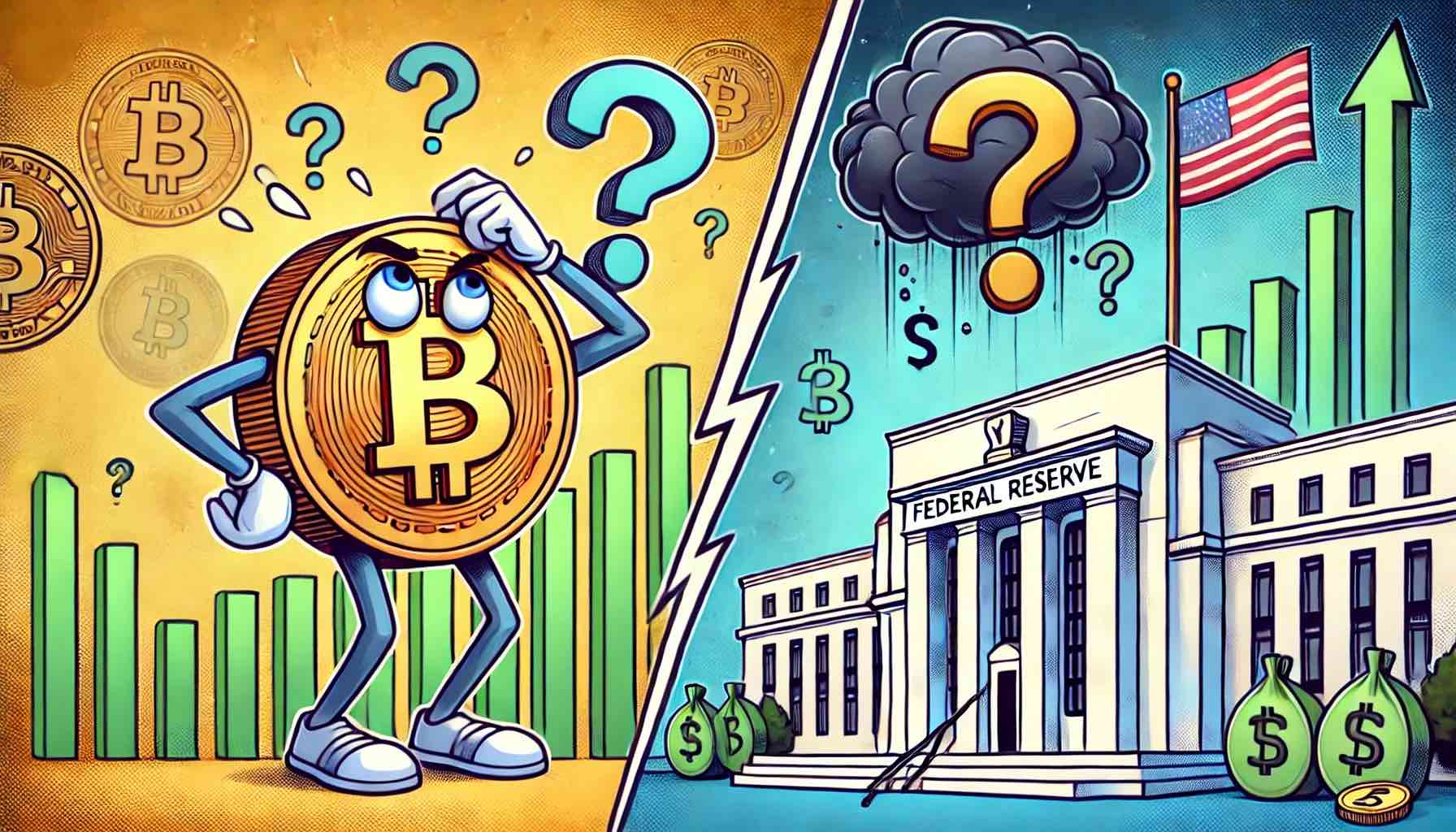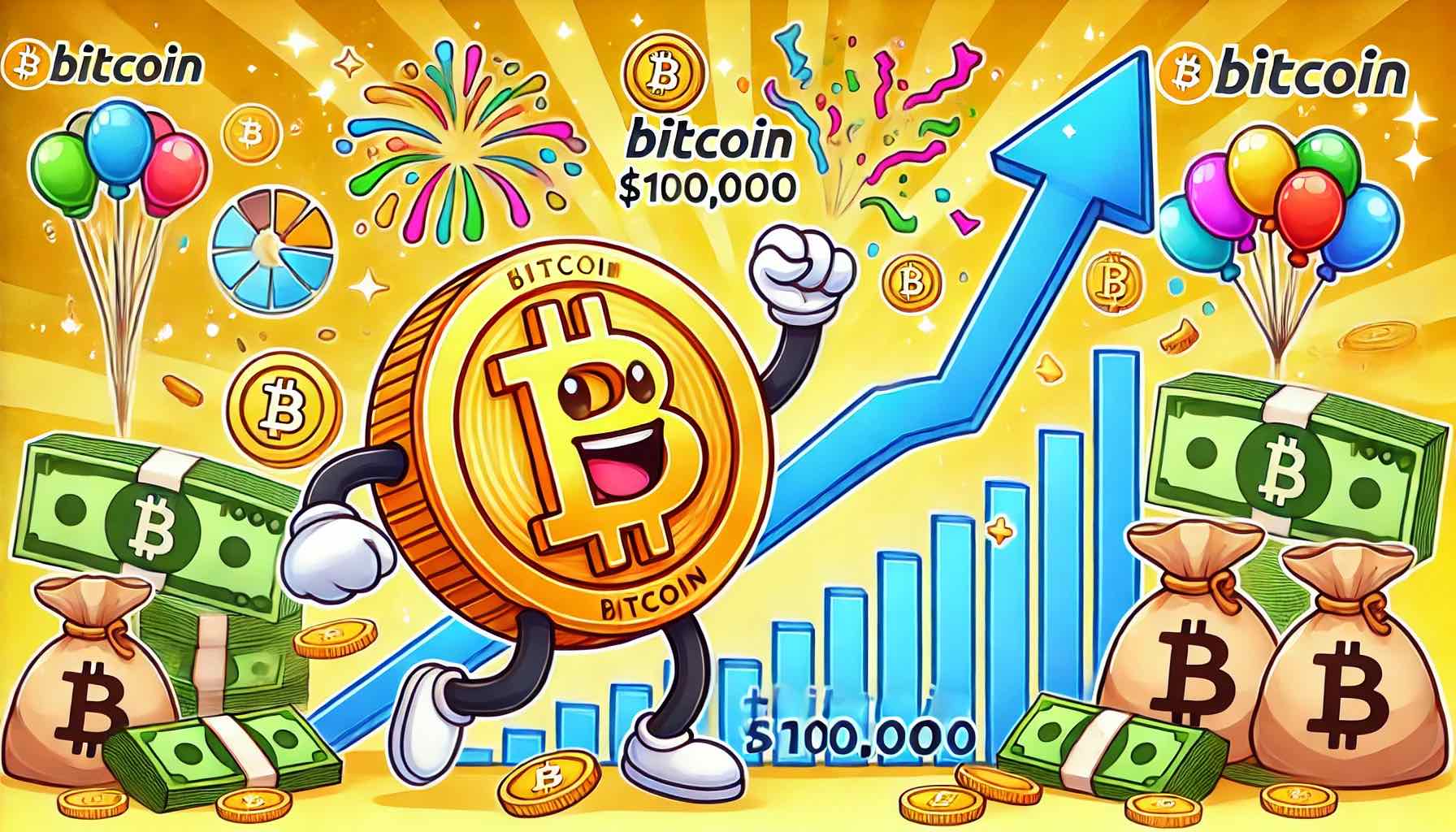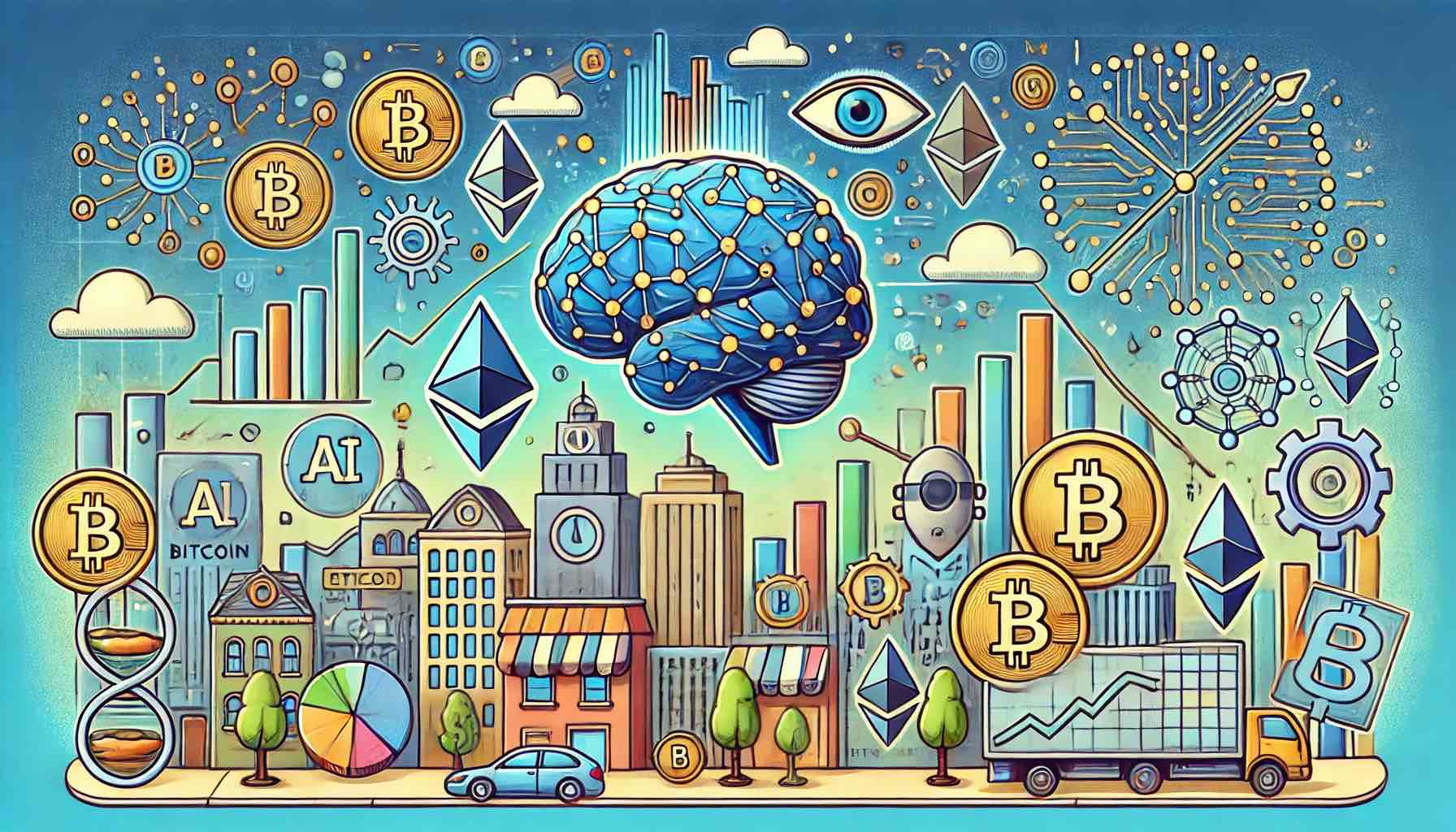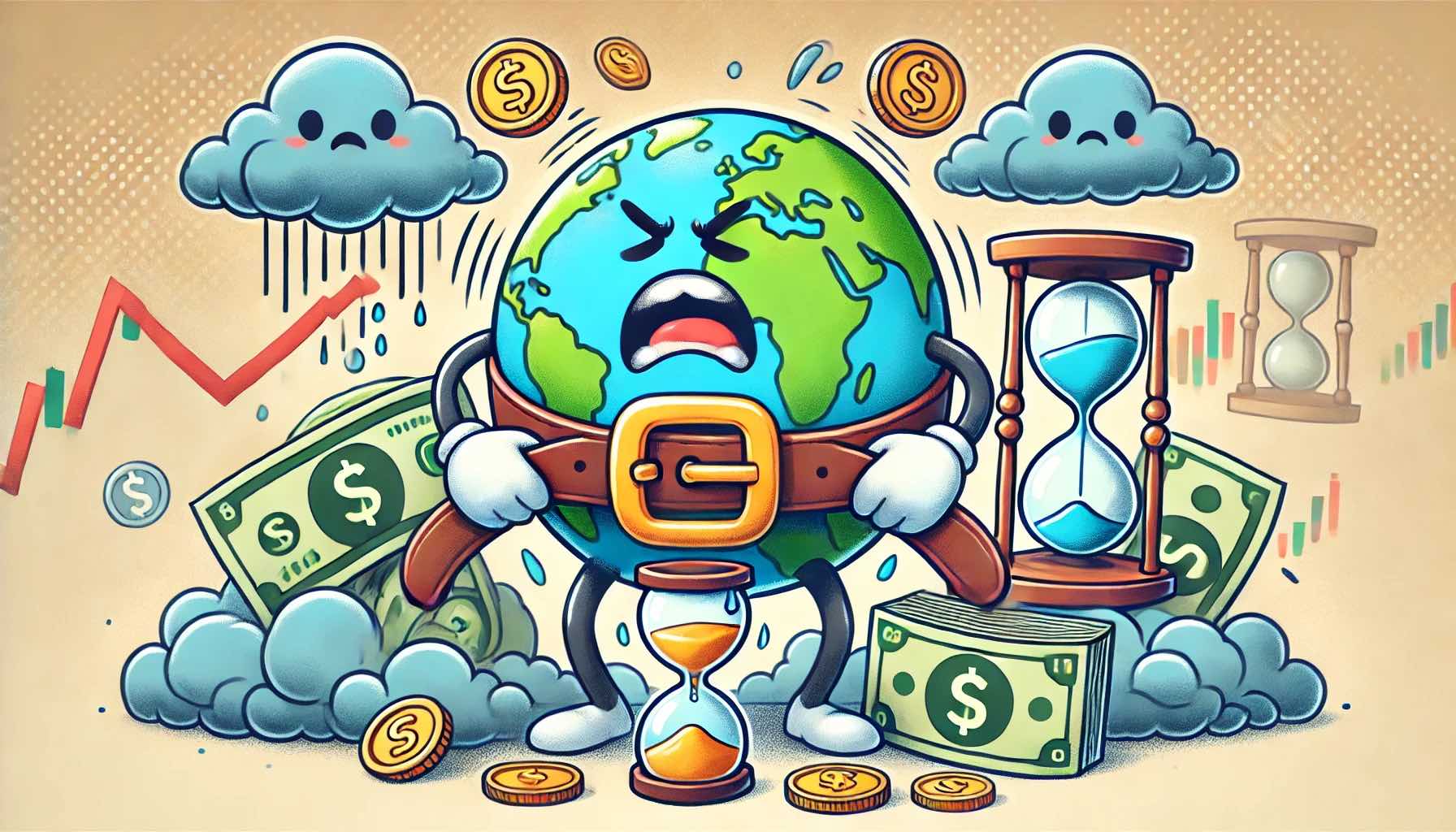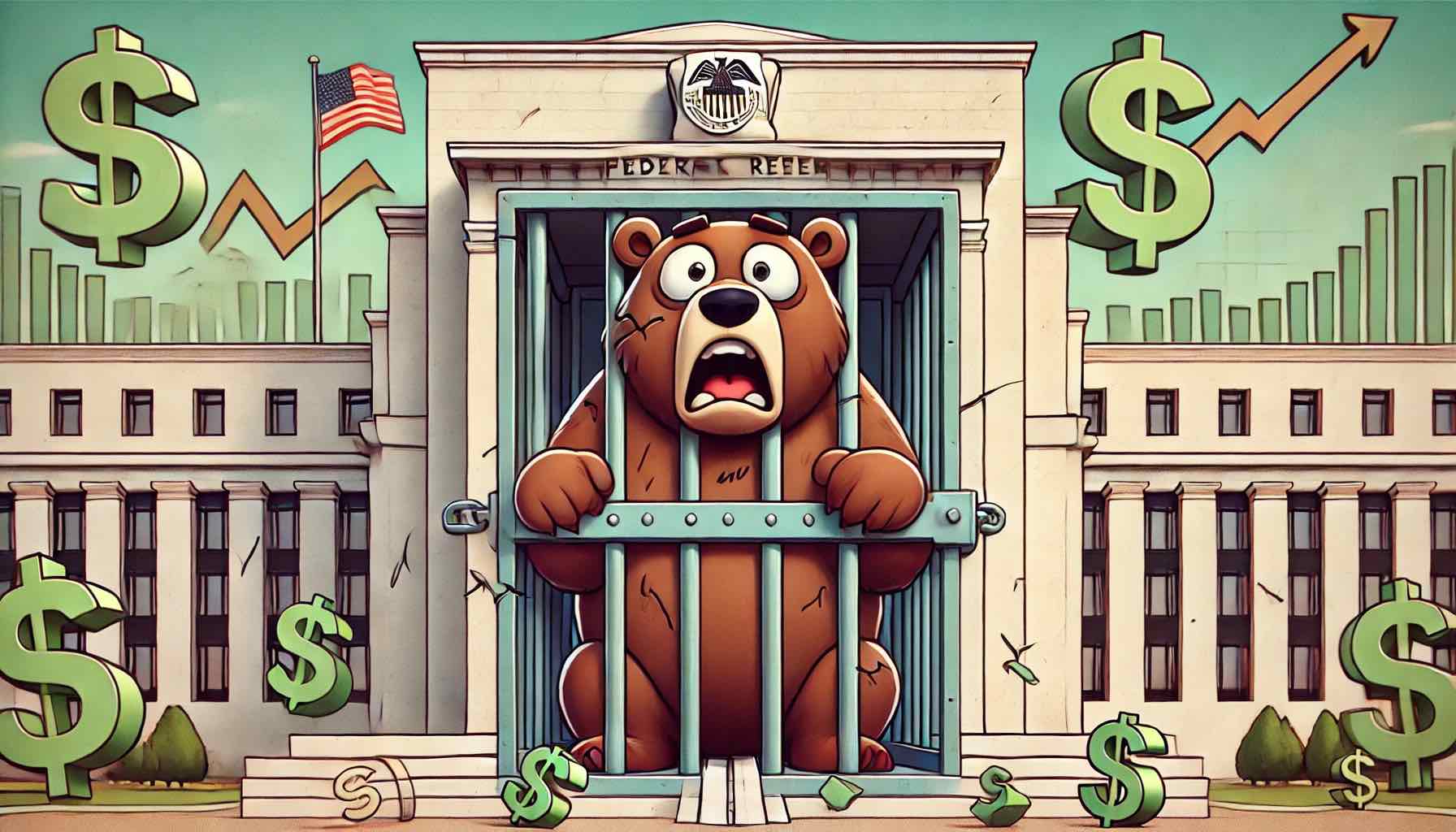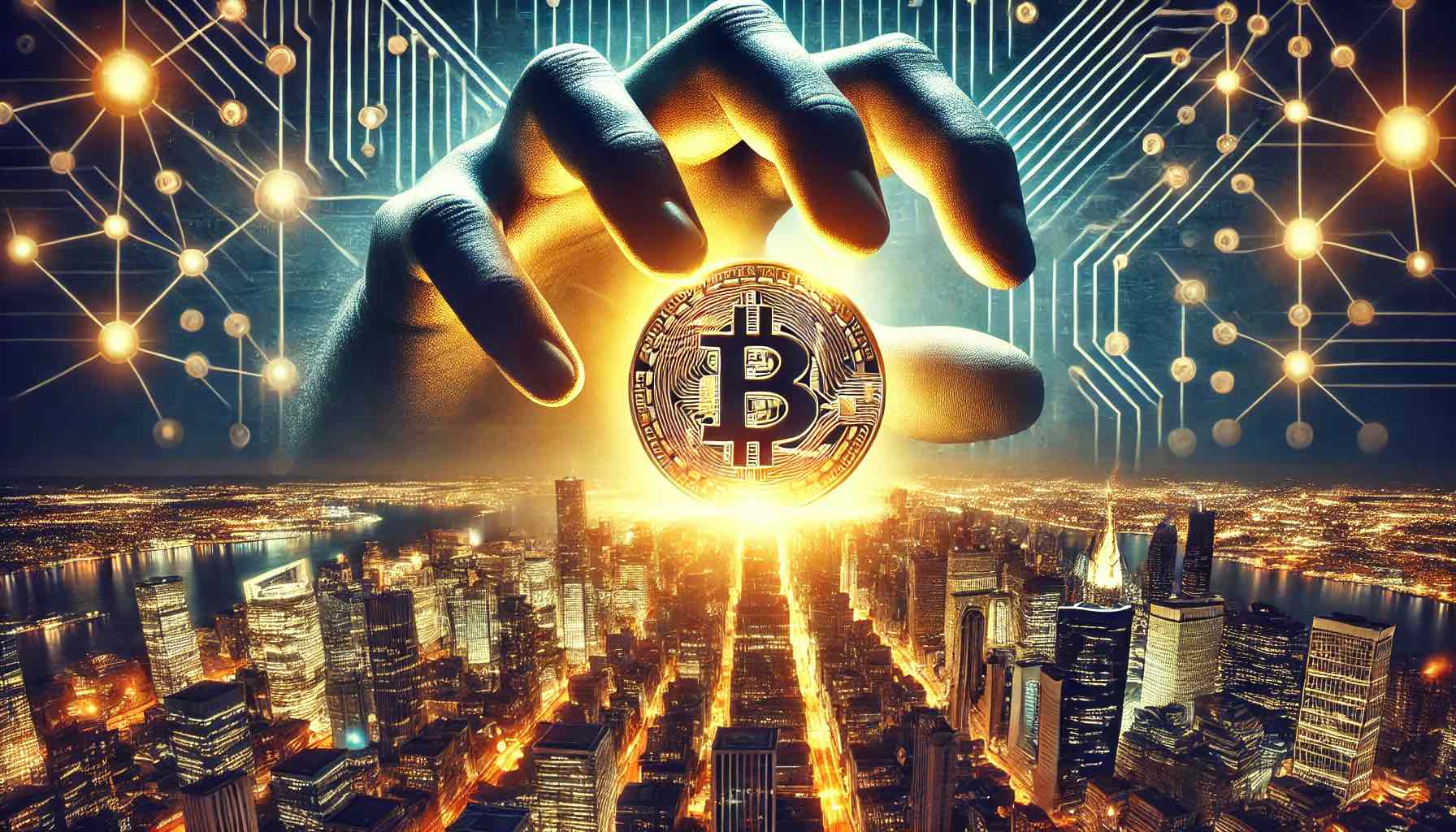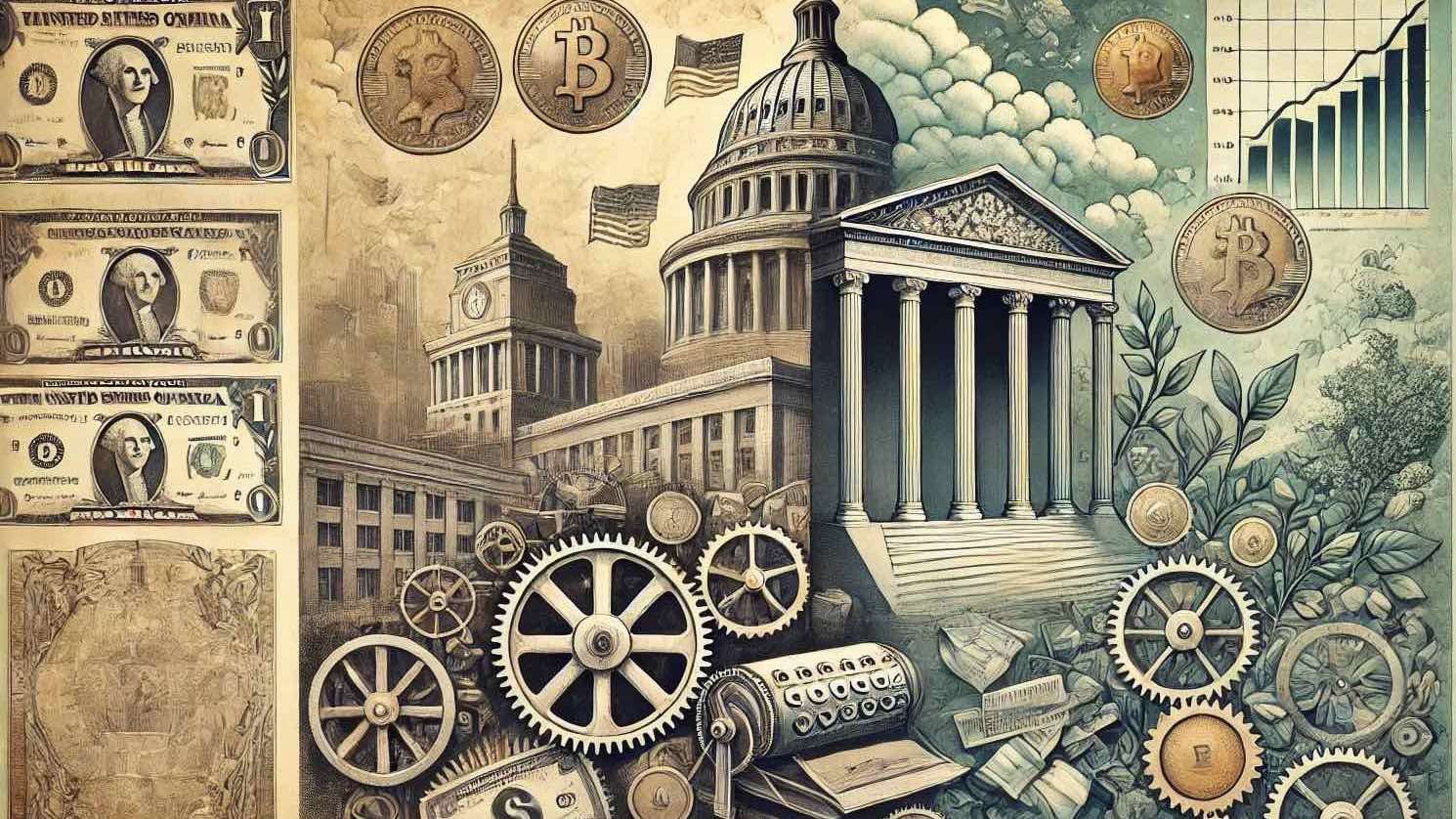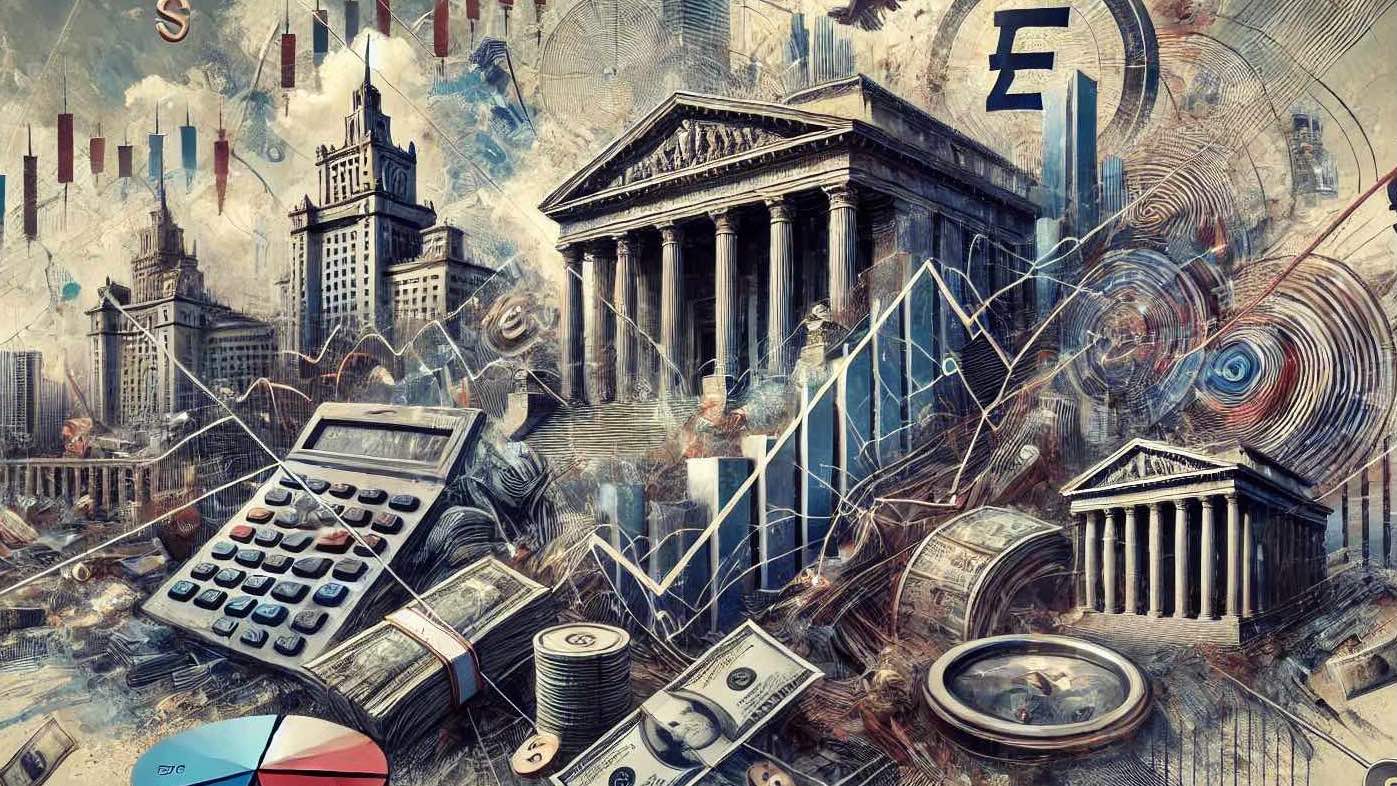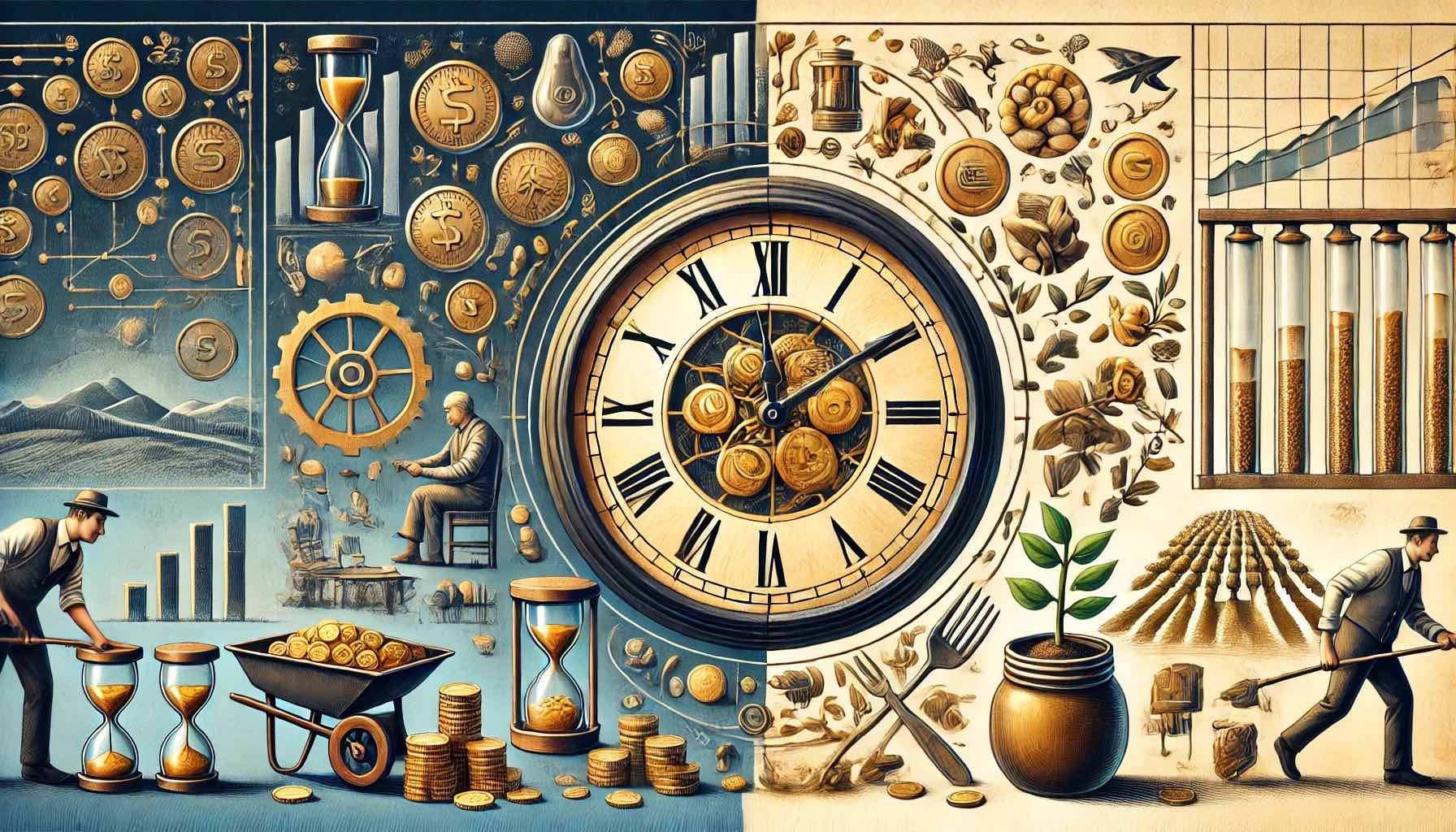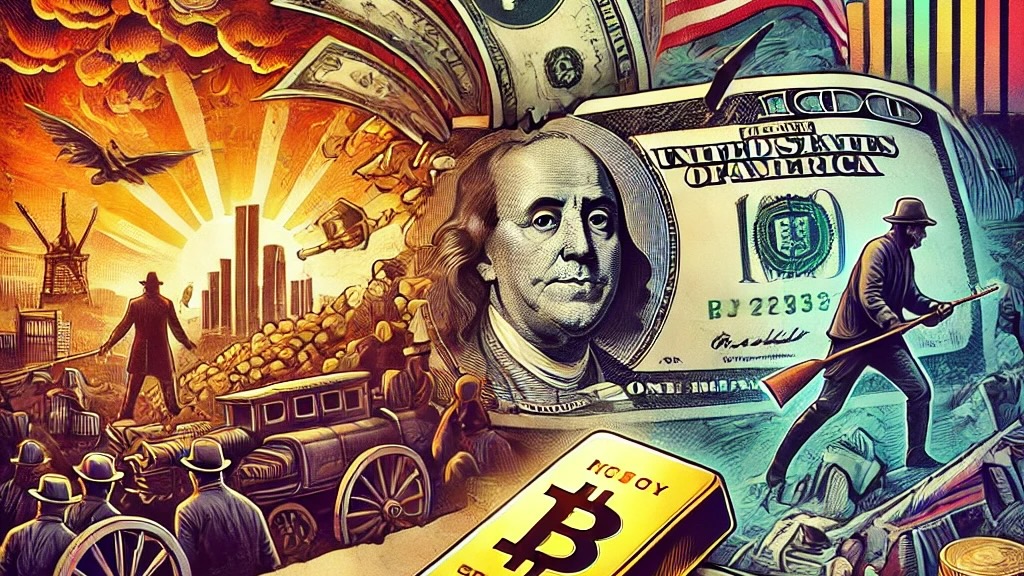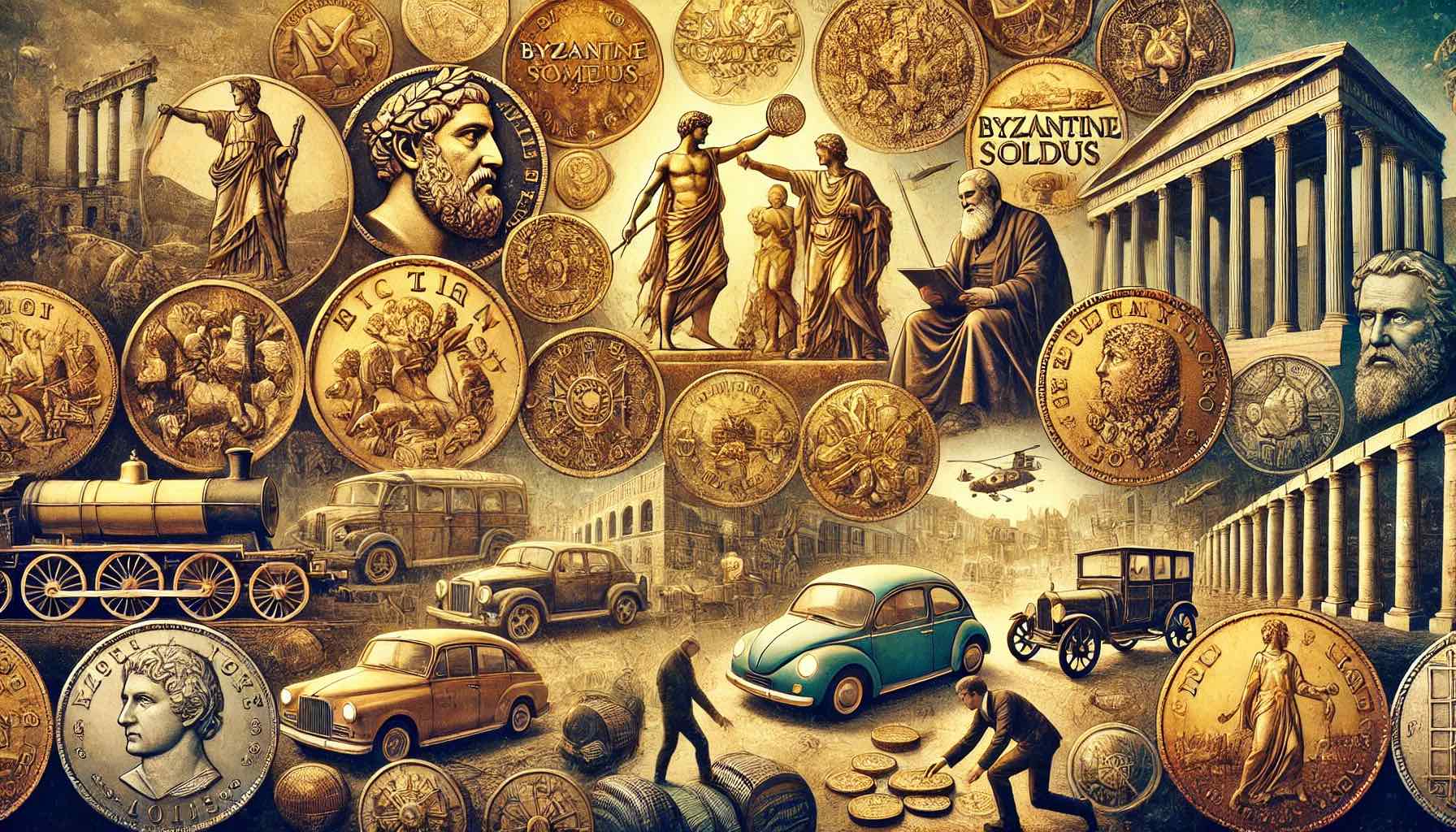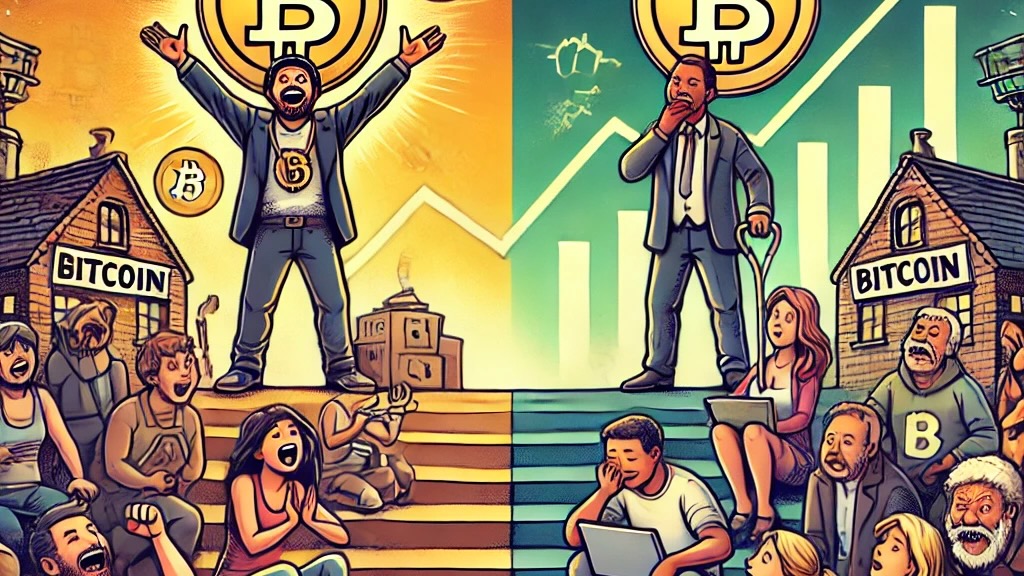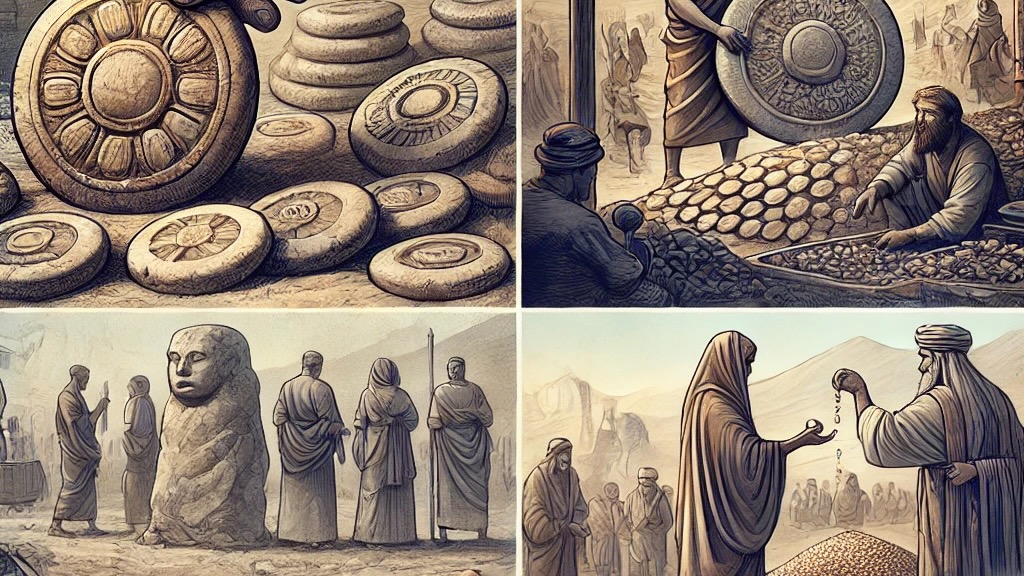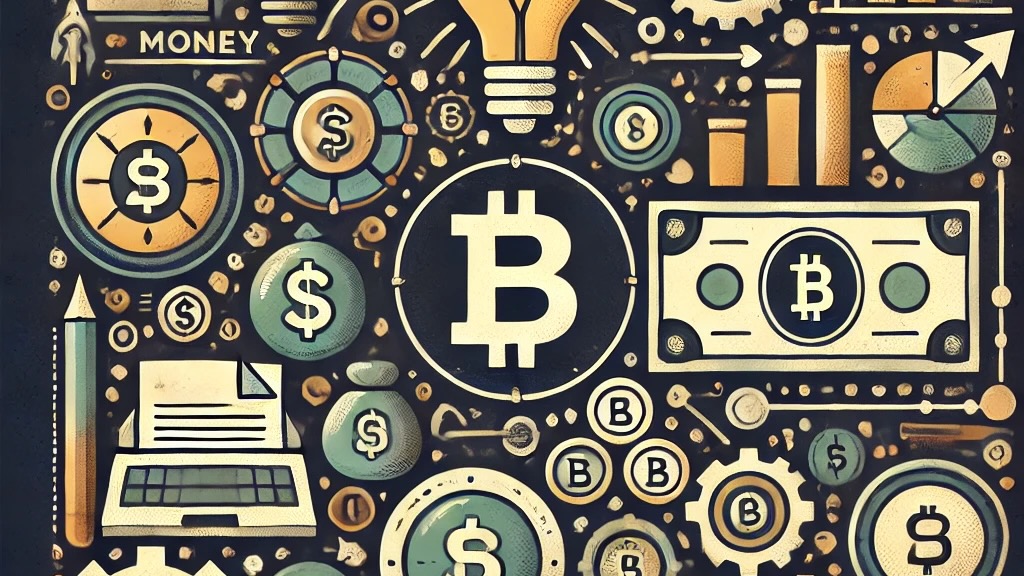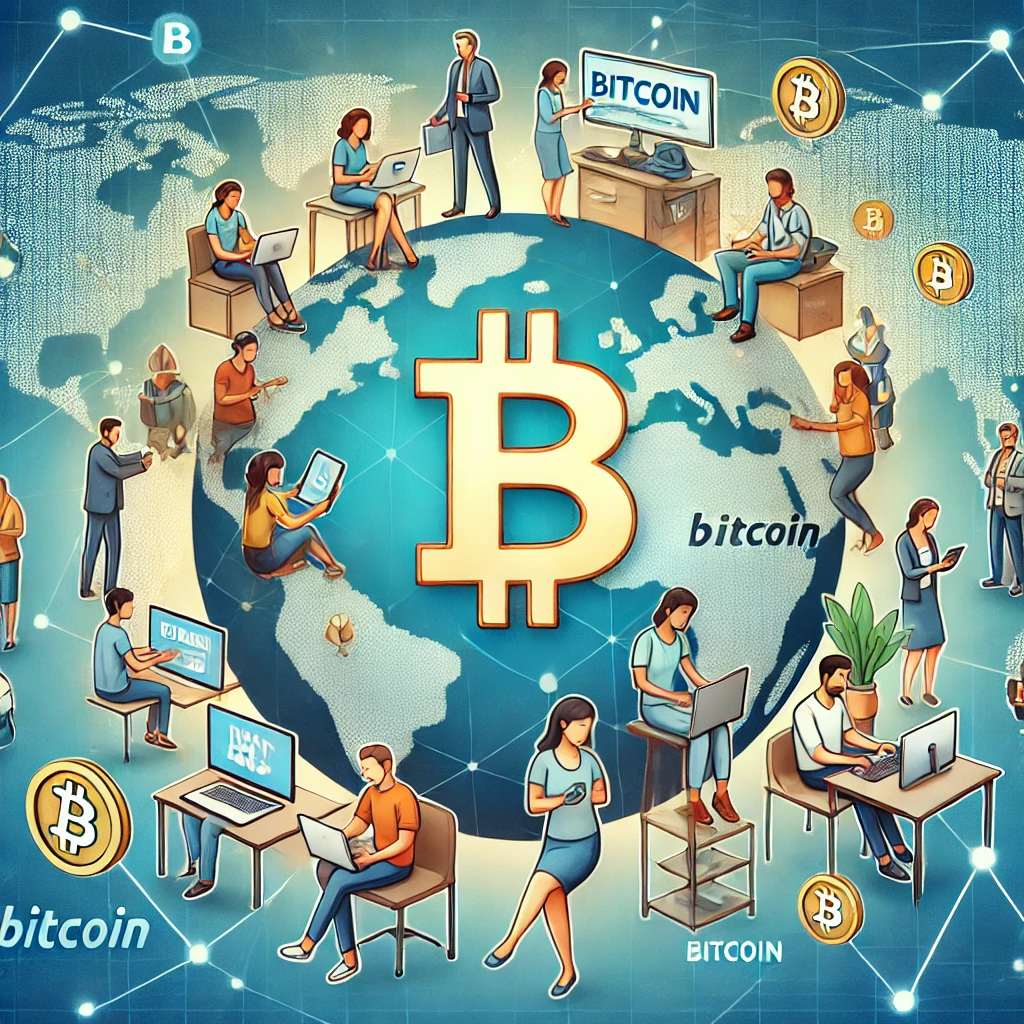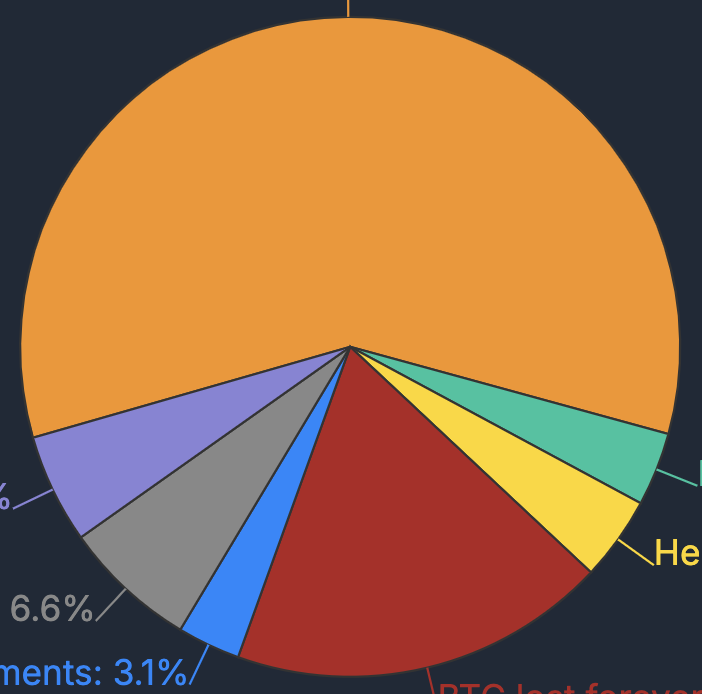Bitcoin - What is it Actually Good For? (A Guide to Money: Part 8 of 8)
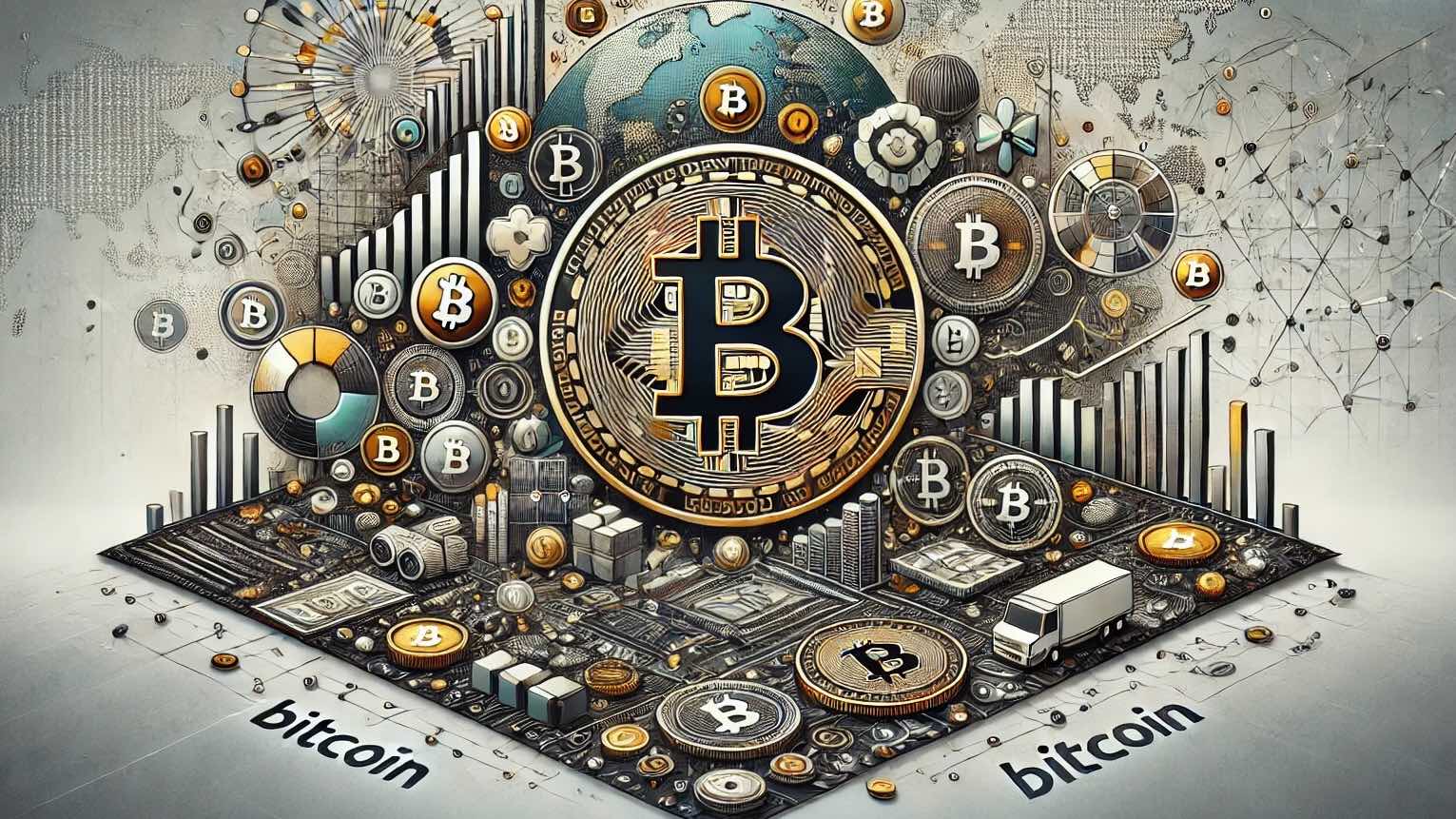
The Digital Store of Value Breakthrough
Here's something profound: Until Bitcoin, nothing digital could be truly scarce. You could always copy files - music, movies, documents - with zero cost. Bitcoin created the first example of absolute scarcity in history.
Think about that for a moment. Every other "scarce" resource - gold, oil, land - is only relatively scarce. If the price goes up enough, people will find ways to produce more. But Bitcoin's supply is capped at 21 million coins forever. No amount of demand can change that.
This matters because storing value over time has always been humanity's great economic challenge. Whatever people chose as a store of value would inevitably be produced in greater quantities as its price rose:
- The Yapese had O'Keefe bringing machines to make more Rai stones
- Africans had Europeans mass-producing glass beads
- Modern central banks print money at will
Bitcoin solves this ancient problem through its predictable, immutable supply schedule. As more people demand Bitcoin, the only way to meet that demand is through price appreciation.
Individual Sovereignty
Perhaps Bitcoin's most profound implication is that it gives individuals a degree of financial sovereignty that was previously impossible. For the first time in history, people can:
- Store and transfer large sums of wealth without permission
- Opt out of their local financial system
- Be immune to currency debasement
- Resist financial surveillance
This isn't just theoretical. We've already seen Bitcoin provide an escape valve for people in countries with failing currencies or restrictive capital controls. It's not about evading legitimate laws - it's about having a choice not to be trapped in a failing financial system.
International Settlement
While Bitcoin is often discussed as a payment system for daily transactions, its real potential may lie in international settlement - the movement of large sums across borders.
Consider:
- Traditional international transfers take days and cost significant fees
- Settlement between banks takes even longer and involves multiple intermediaries
- Moving physical gold is expensive and risky
Bitcoin can settle large international transfers in minutes, with full finality, and without relying on any intermediaries. Its current capacity could theoretically handle daily settlement between 850 central banks - enough to cover the entire world's population if each bank served 10 million customers.
The Future: A New Global Reserve Asset?
Here's a scenario worth considering: As Bitcoin continues to grow, central banks may start viewing it as a strategic reserve asset. The game theory here is fascinating:
- The first central bank to buy Bitcoin would likely trigger others to follow
- The more central banks that adopt it, the more valuable it becomes
- Those who wait longer will have to buy at higher prices
This creates interesting incentives. A rational central bank might want to accumulate a small Bitcoin position quietly - not because they're convinced it will succeed, but as a hedge against the possibility that it does.
The Limitations
It's important to be clear-eyed about Bitcoin's limitations:
- Its price remains highly volatile
- Transaction capacity is limited
- It's still a young, experimental system
- Mass consumer adoption faces significant challenges
But these limitations don't negate Bitcoin's core innovations. Email didn't need to replace all forms of communication to be valuable. Bitcoin doesn't need to replace all forms of money to be transformative.
The Bottom Line
Bitcoin represents something unprecedented: absolute digital scarcity combined with sovereign ownership and permissionless transfer. Whether it succeeds as a global reserve currency or remains a niche store of value, it has already demonstrated that a new kind of monetary system is possible - one that doesn't rely on trust in institutions or the wisdom of central planners.
The implications of this innovation are still unfolding. But one thing is clear: in an increasingly digital world, the ability to store and transfer value without intermediaries is a breakthrough worth paying attention to.
